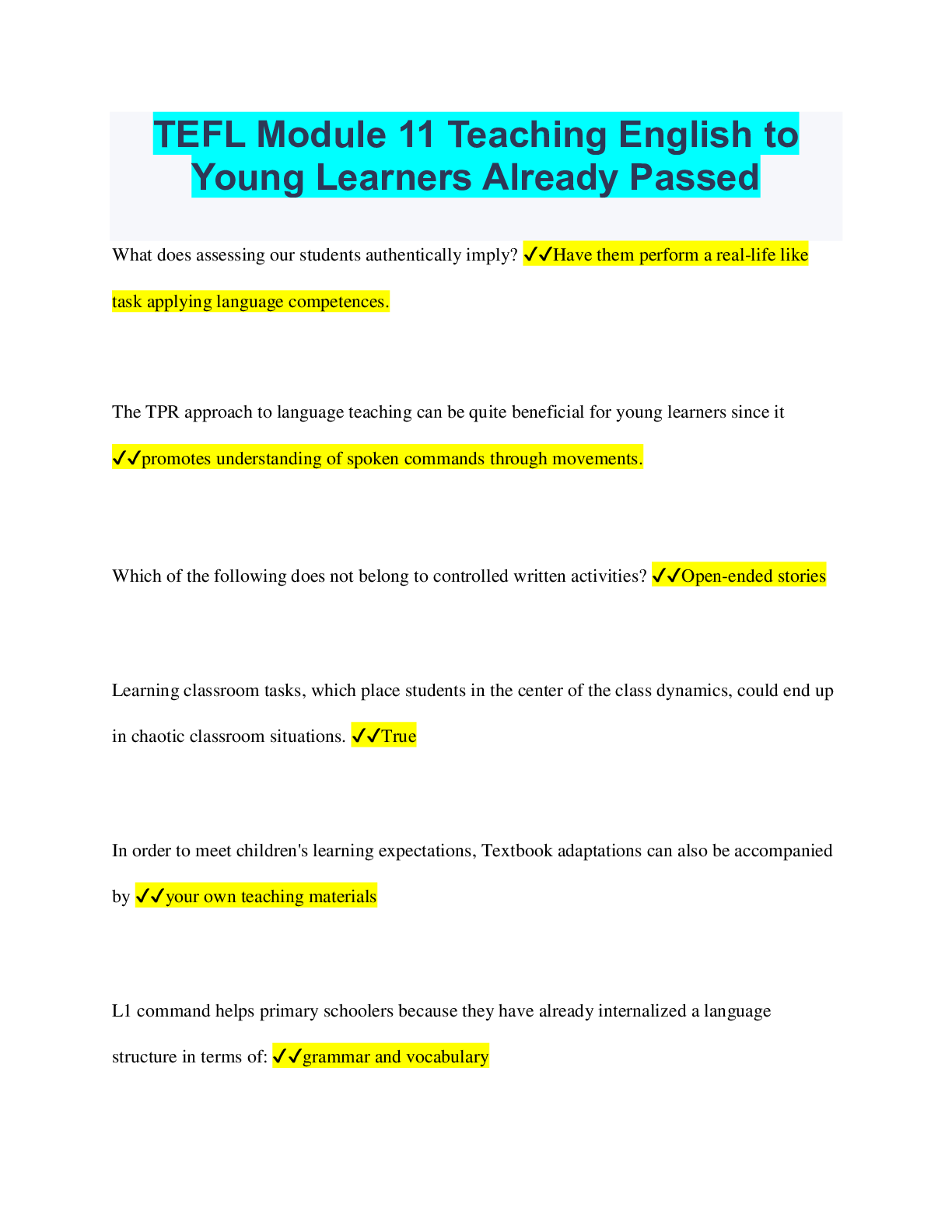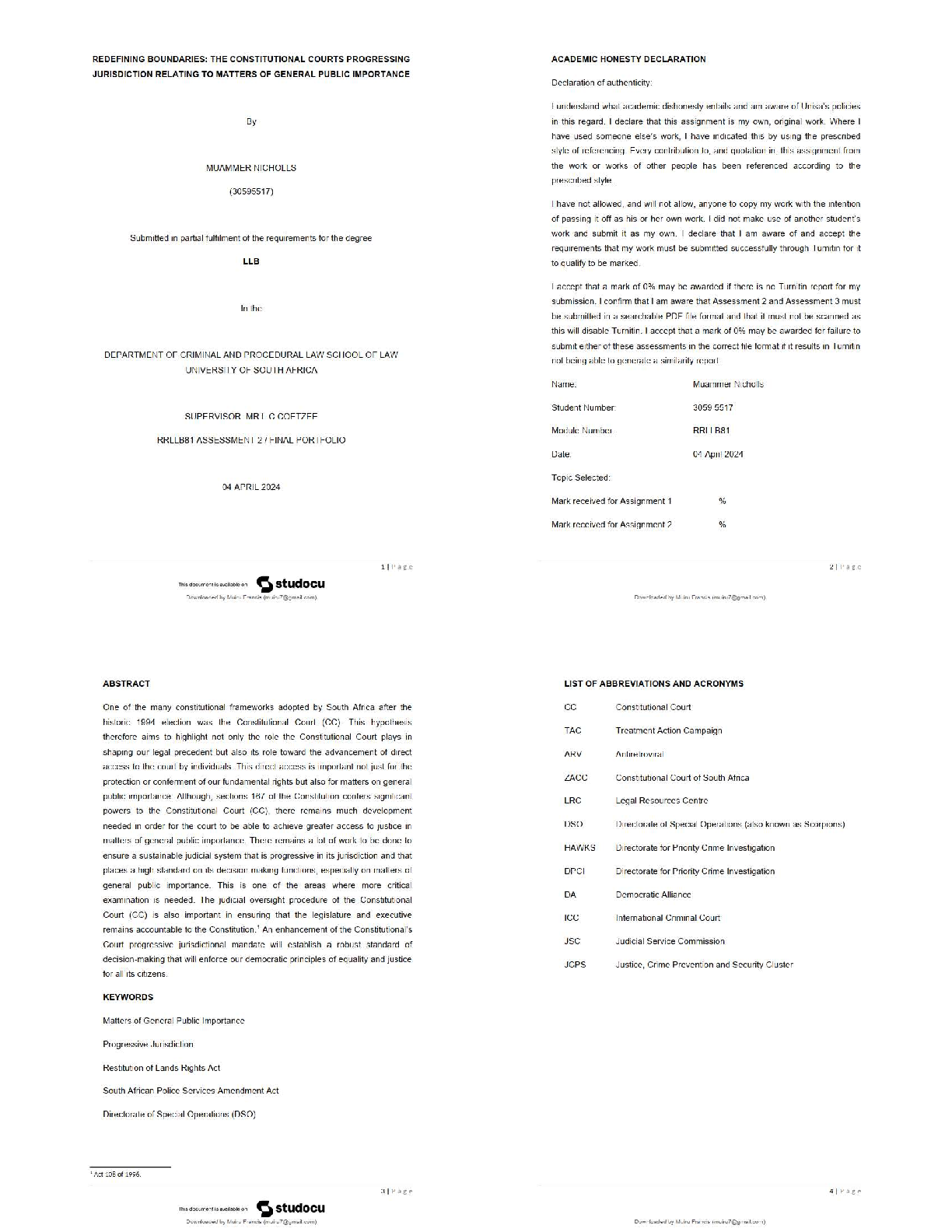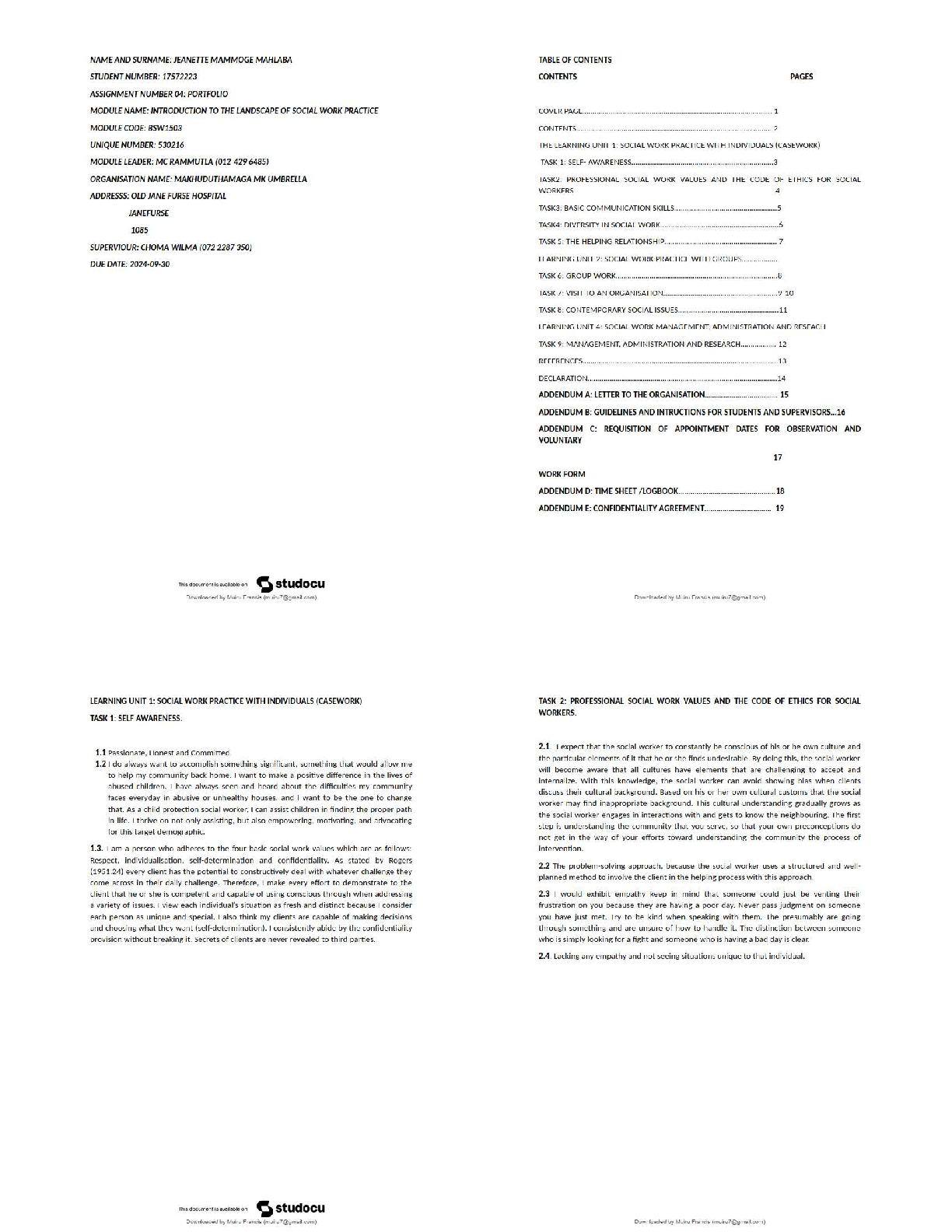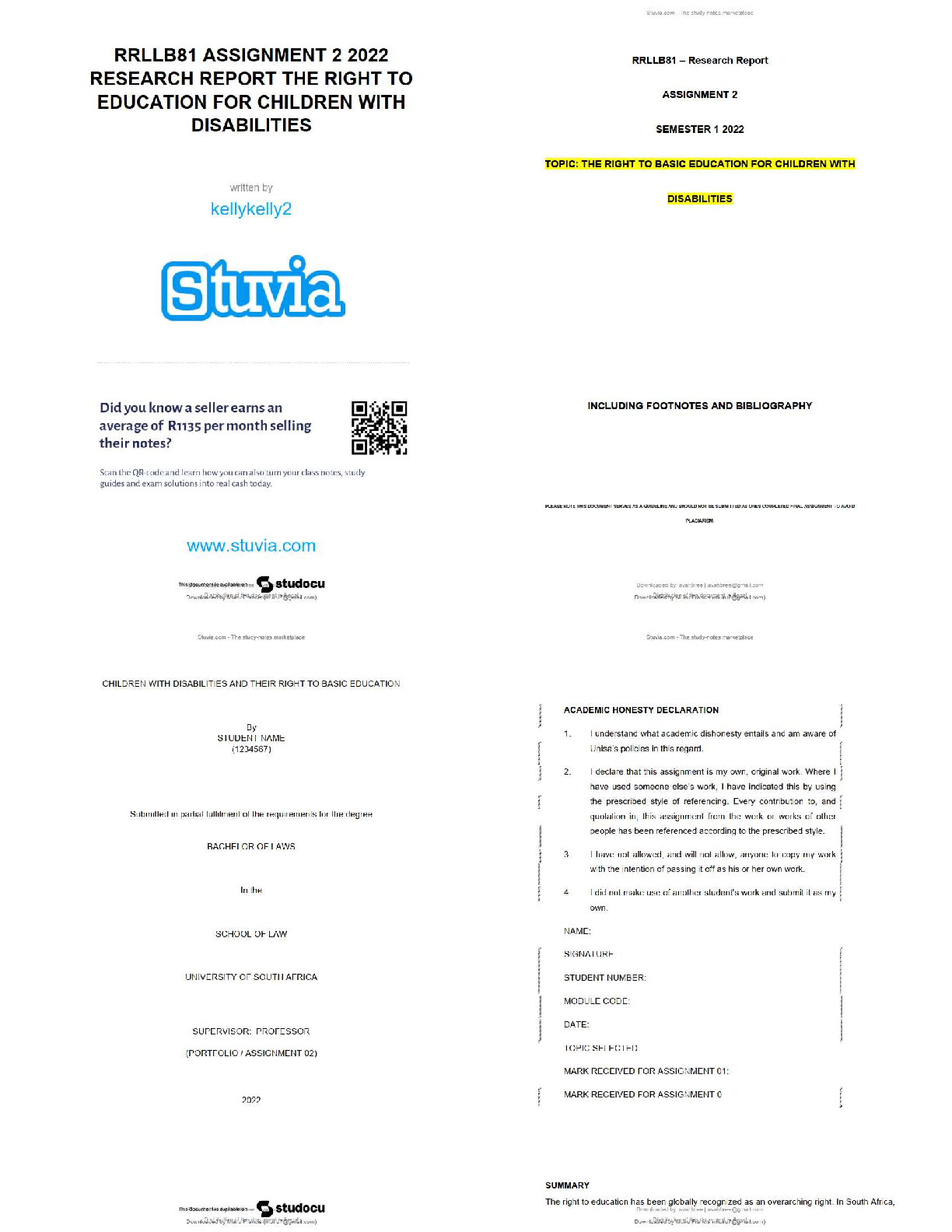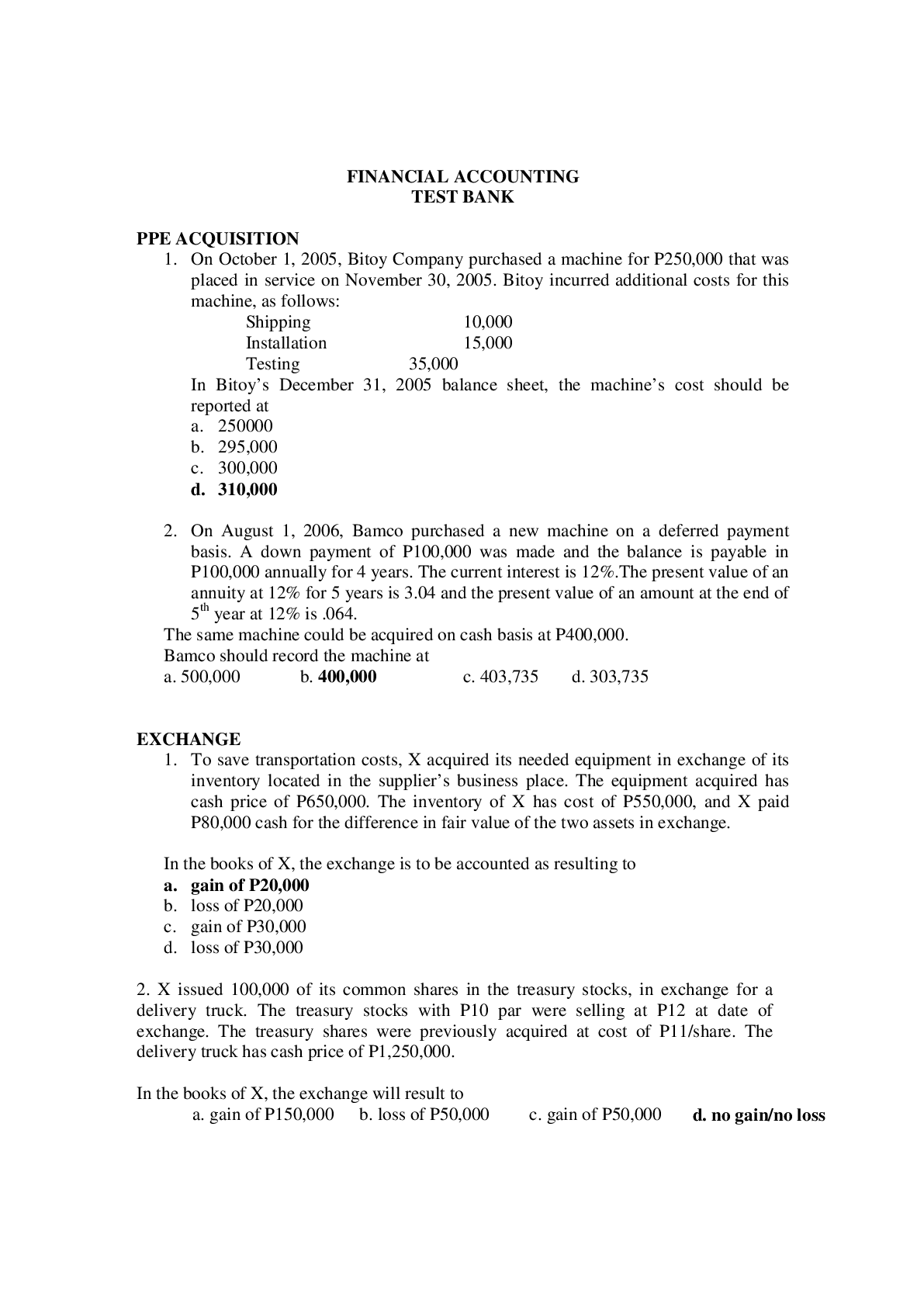
Financial-accounting QUESTION & ANSWERS
$ 12
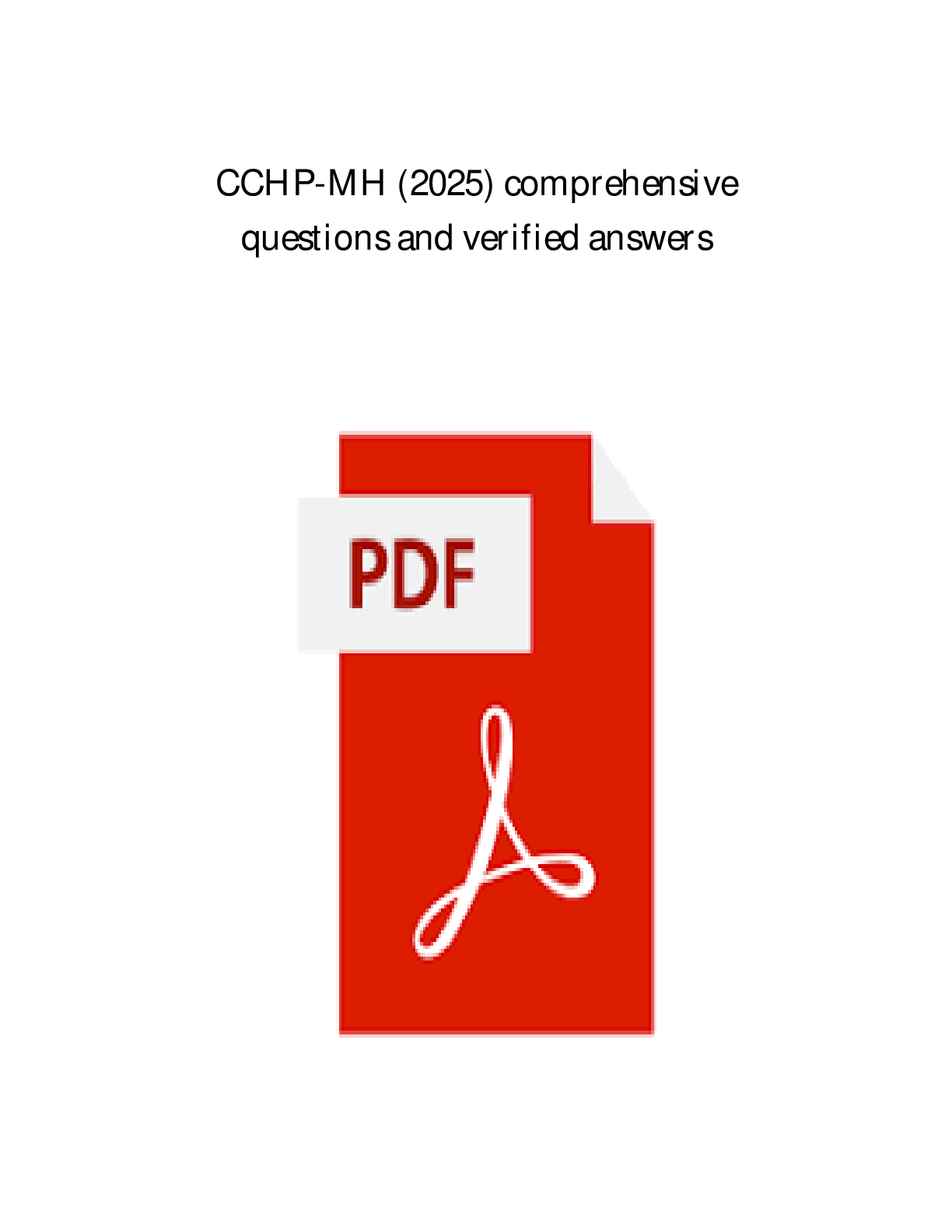
CCHP-MH (2025) comprehensive questions and verified answers (detailed & elaborated) ACTUAL EXAM 2025 TEST!!
$ 15.5
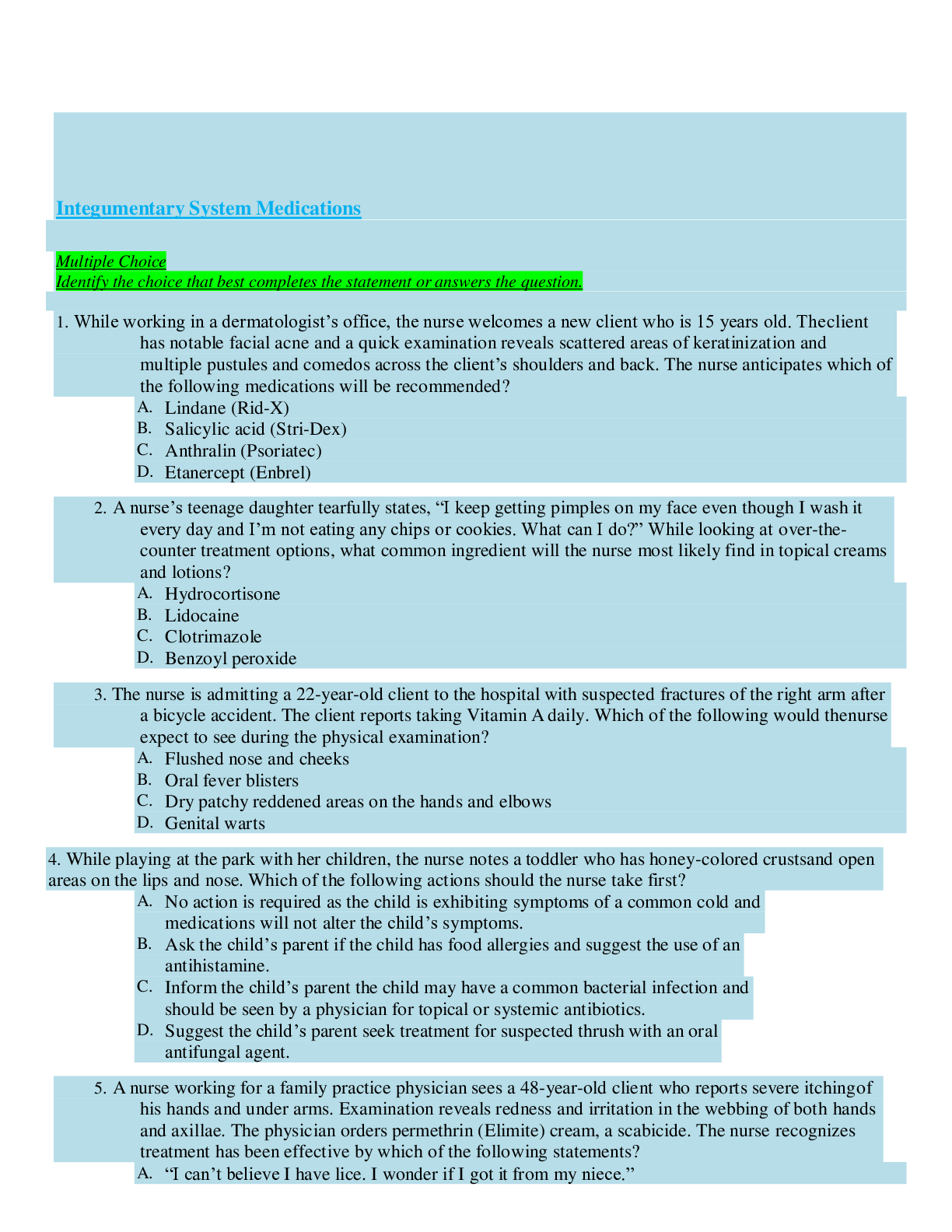
integumentary system Medication
$ 10.5
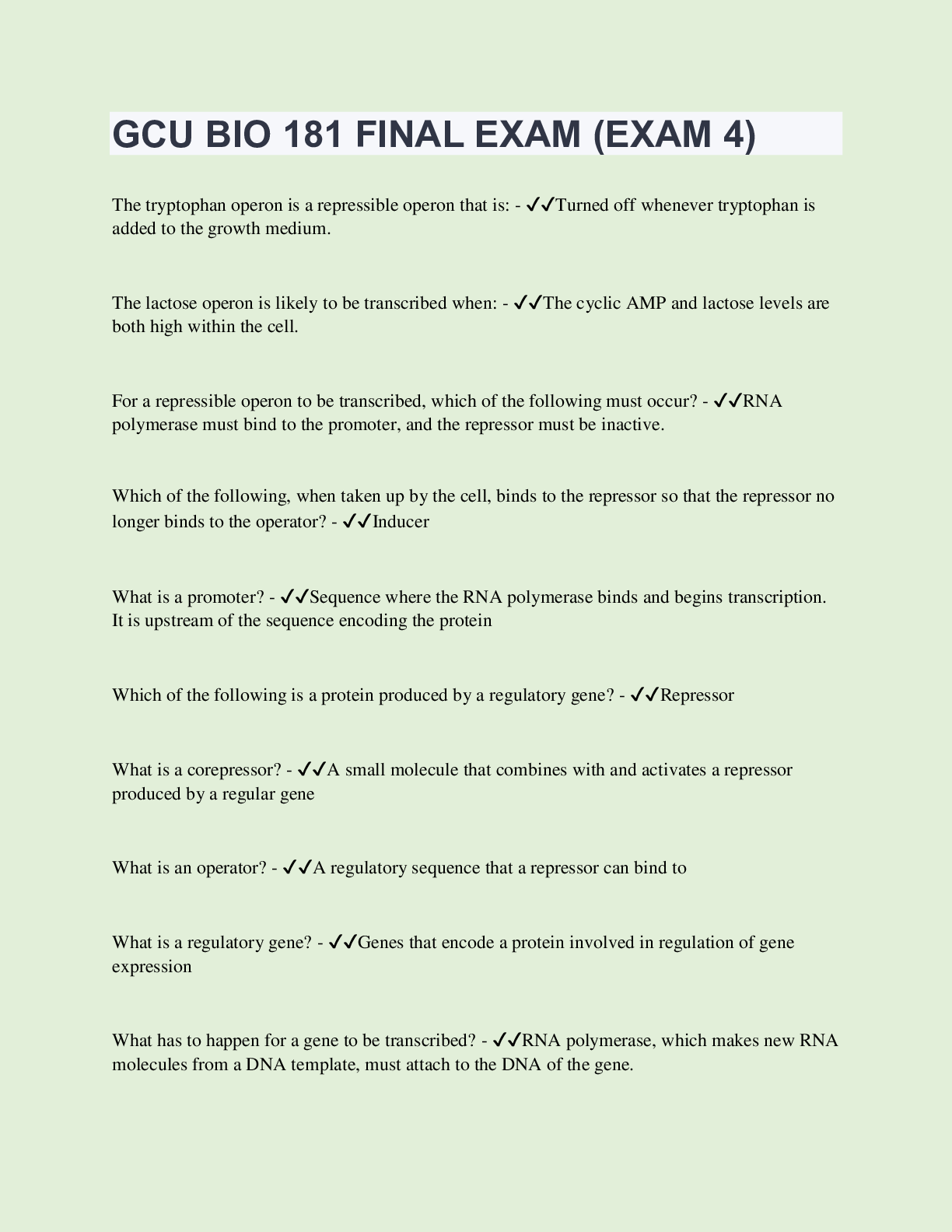
GCU BIO 181 FINAL EXAM (EXAM 4) | 80 Questions with 100% Correct Answers | Updated & Verified
$ 8

Caroline Casey SOAP
$ 8
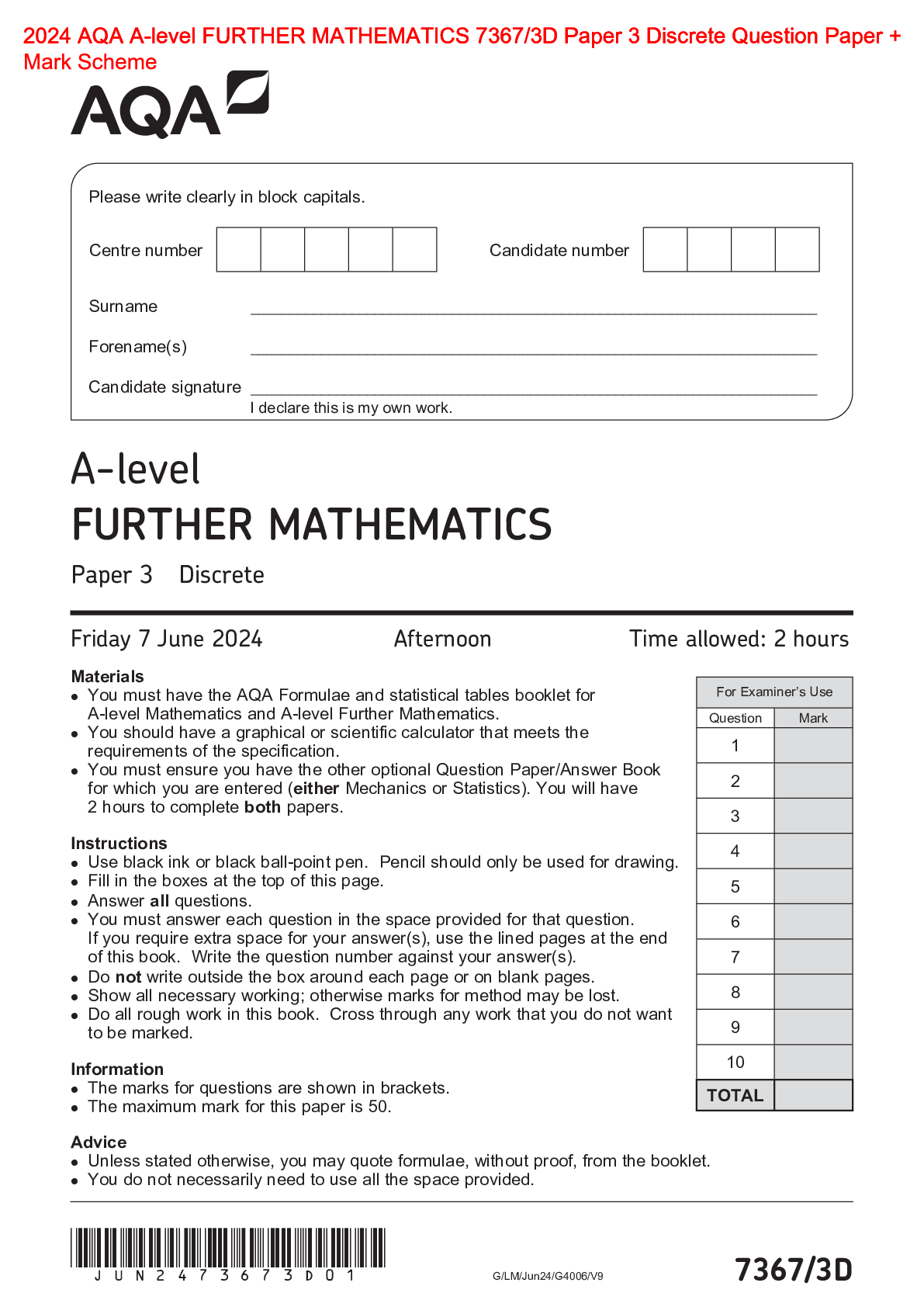
2024 AQA A-level FURTHER MATHEMATICS 7367/3D Paper 3 Discrete Question Paper + Mark Scheme Actual 2024 AQA A-level FURTHER MATHEMATICS 7367/3D Paper 3 Discrete Merged Question Paper + Mark Scheme
$ 7
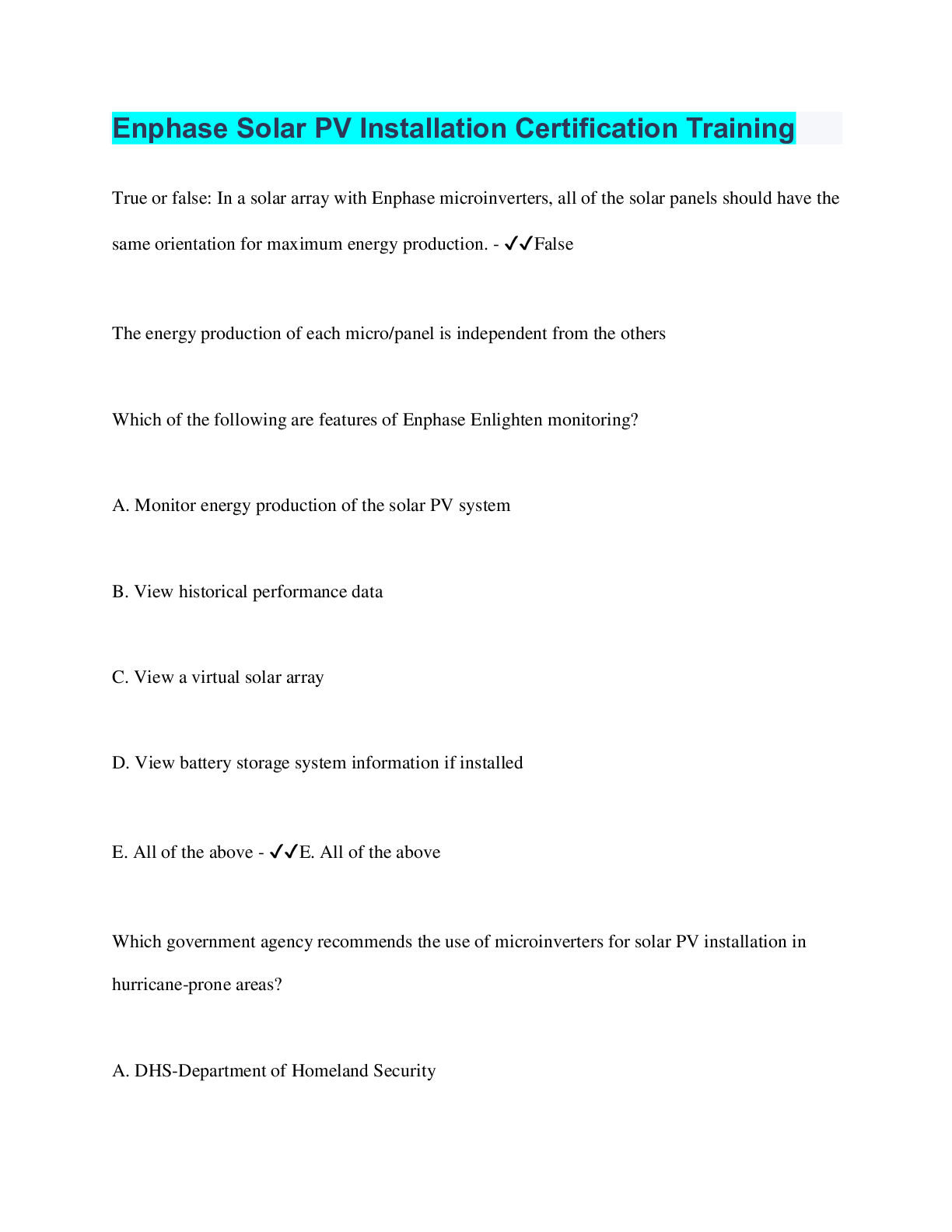
Enphase Solar PV Installation Certification Training
$ 11.5

FedVTE Cyber Risk Management For Technicians Questions And Answers Latest Update
$ 9.5
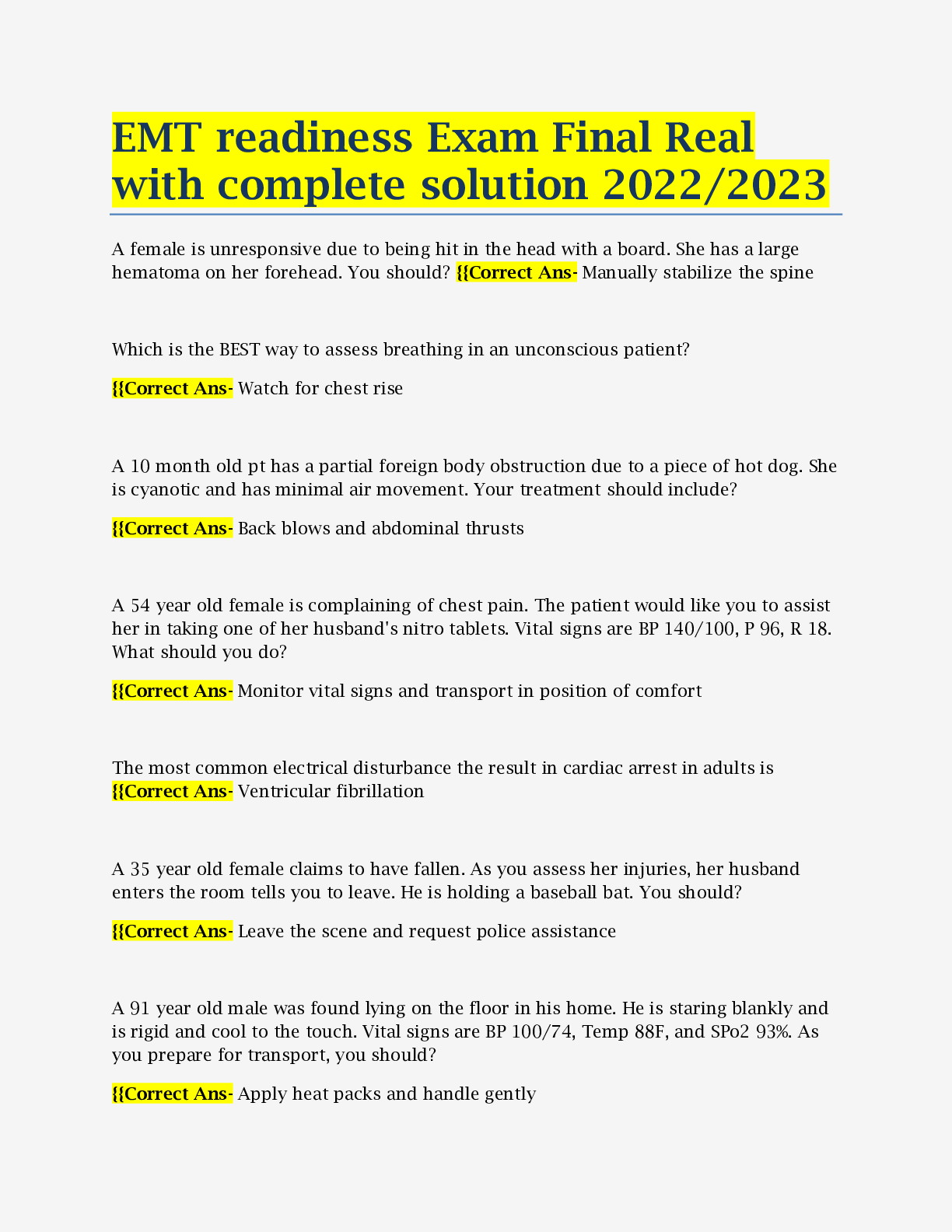
EMT readiness Exam Final Real with complete solution 2022/2023
$ 8
.png)
WGU C706 Test Prep Questions and Answers Graded A
$ 10

NR 451 Week 6 Assignment: EBP Change Process form DOWNLOAD TO GET THAT PASS . 100% SURE CURRENTLY UPDATED
$ 9.5
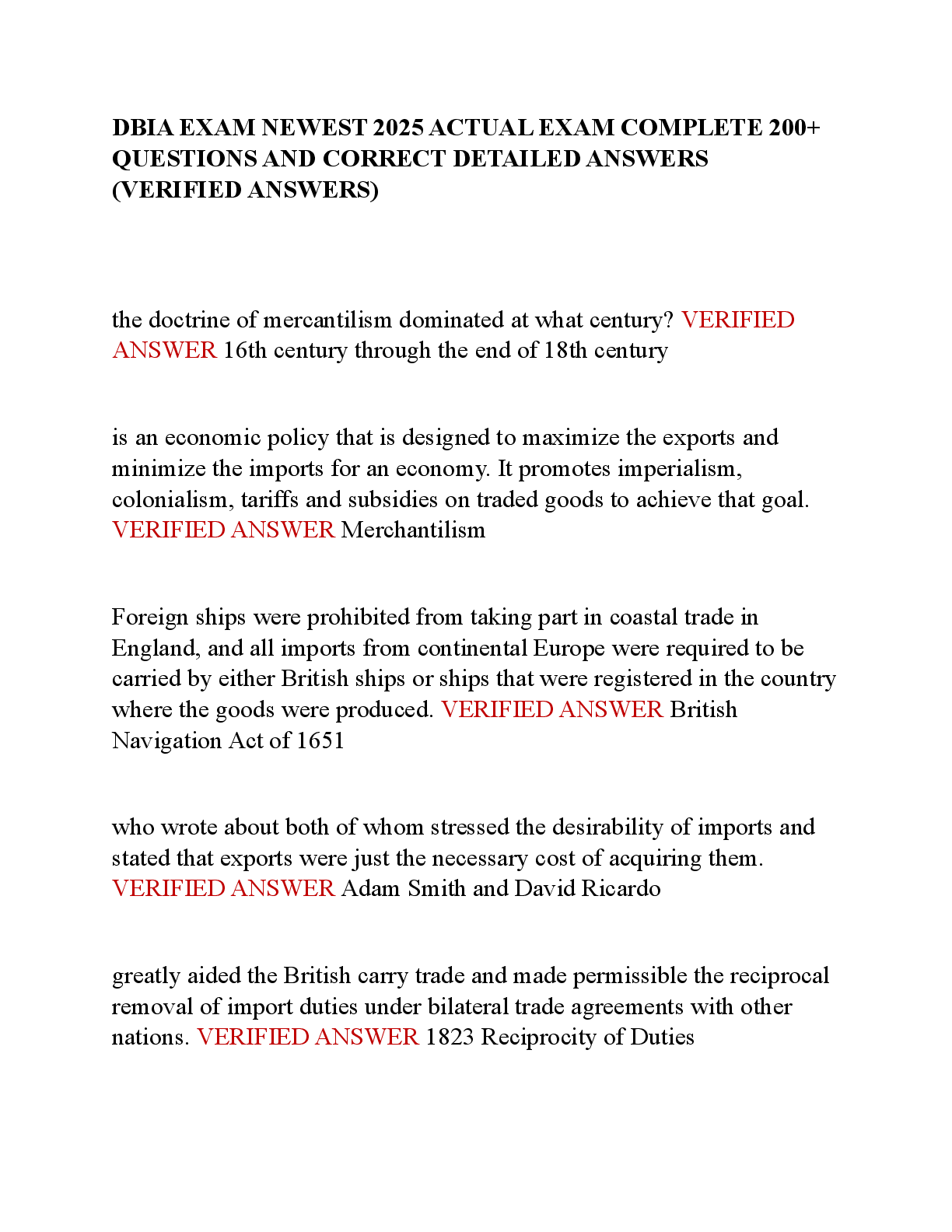
DBIA EXAM NEWEST 2025 ACTUAL EXAM COMPLETE 200+ QUESTIONS AND CORRECT DETAILED ANSWERS (VERIFIED ANSWERS)
$ 19
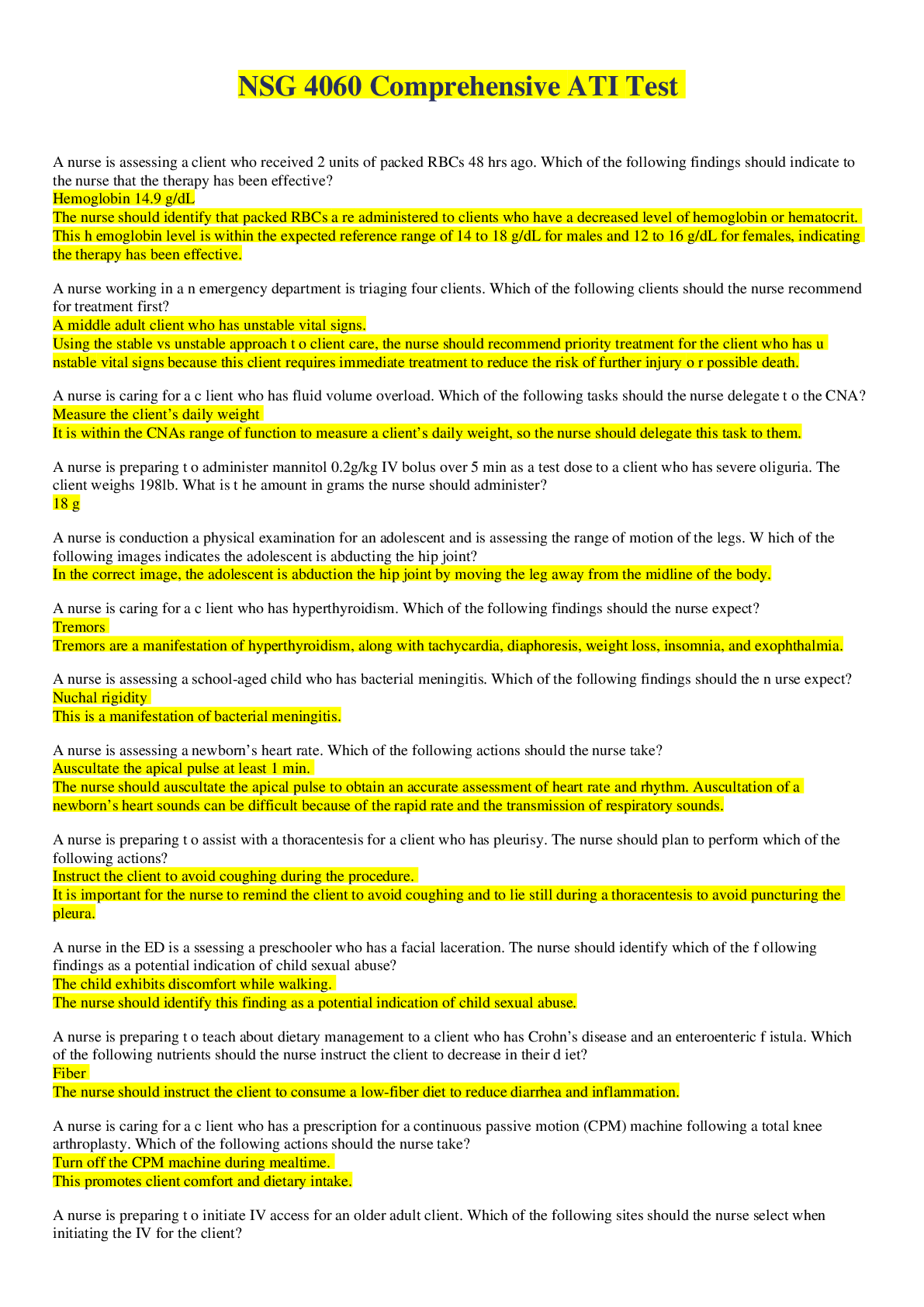
NSG 4060 Comprehensive ATI Practice B
$ 7
.png)
CPCE/NCE Exam JMAYY
$ 10

VATI Comprehensive Predictor NCLEX Questions 2022 with COMPLETE SOLUTION
$ 12

SEJPME Mod 2- National Military Command Structure Pre Test (Latest 2022/2023)
$ 11
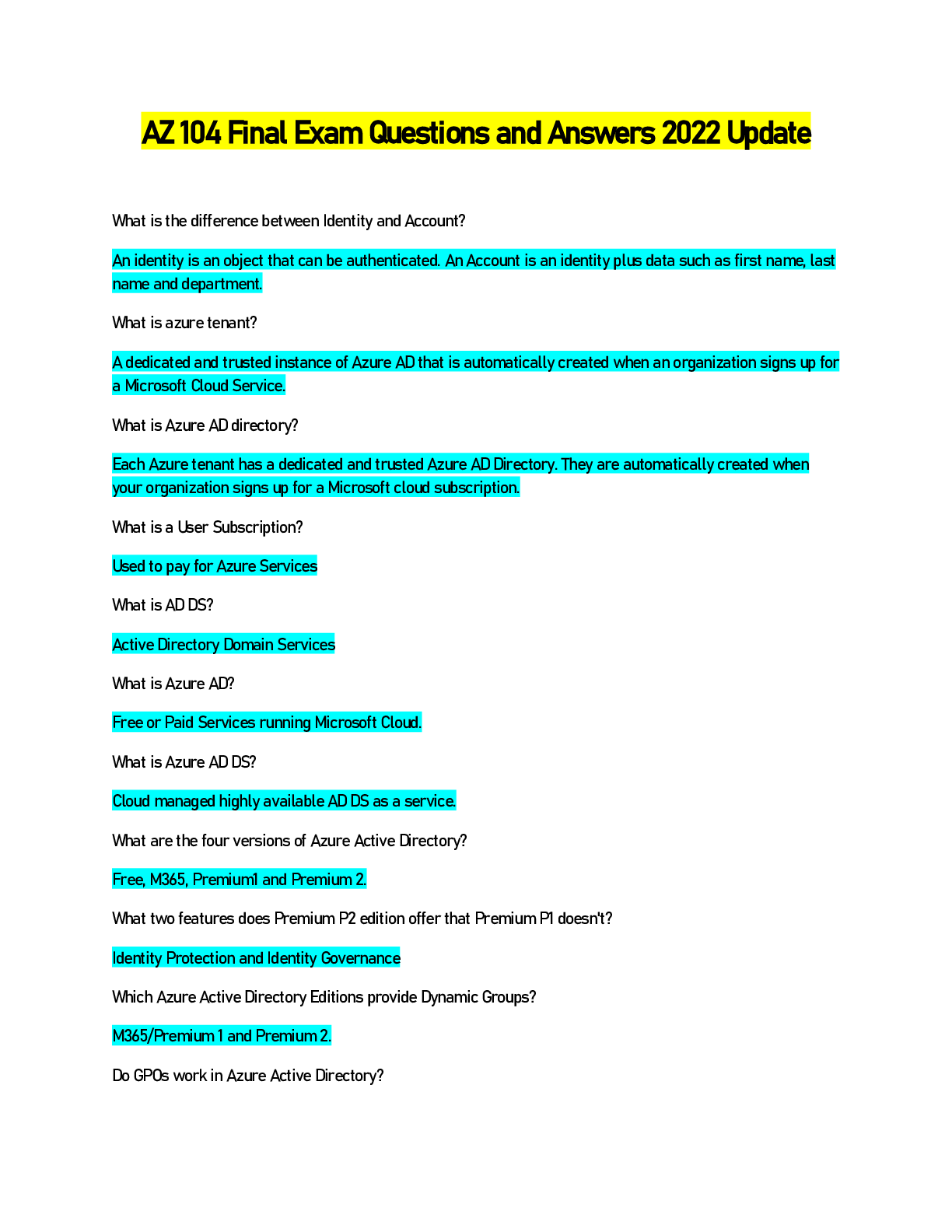
AZ 104 Final Exam Questions and Answers 2022 Update
$ 11
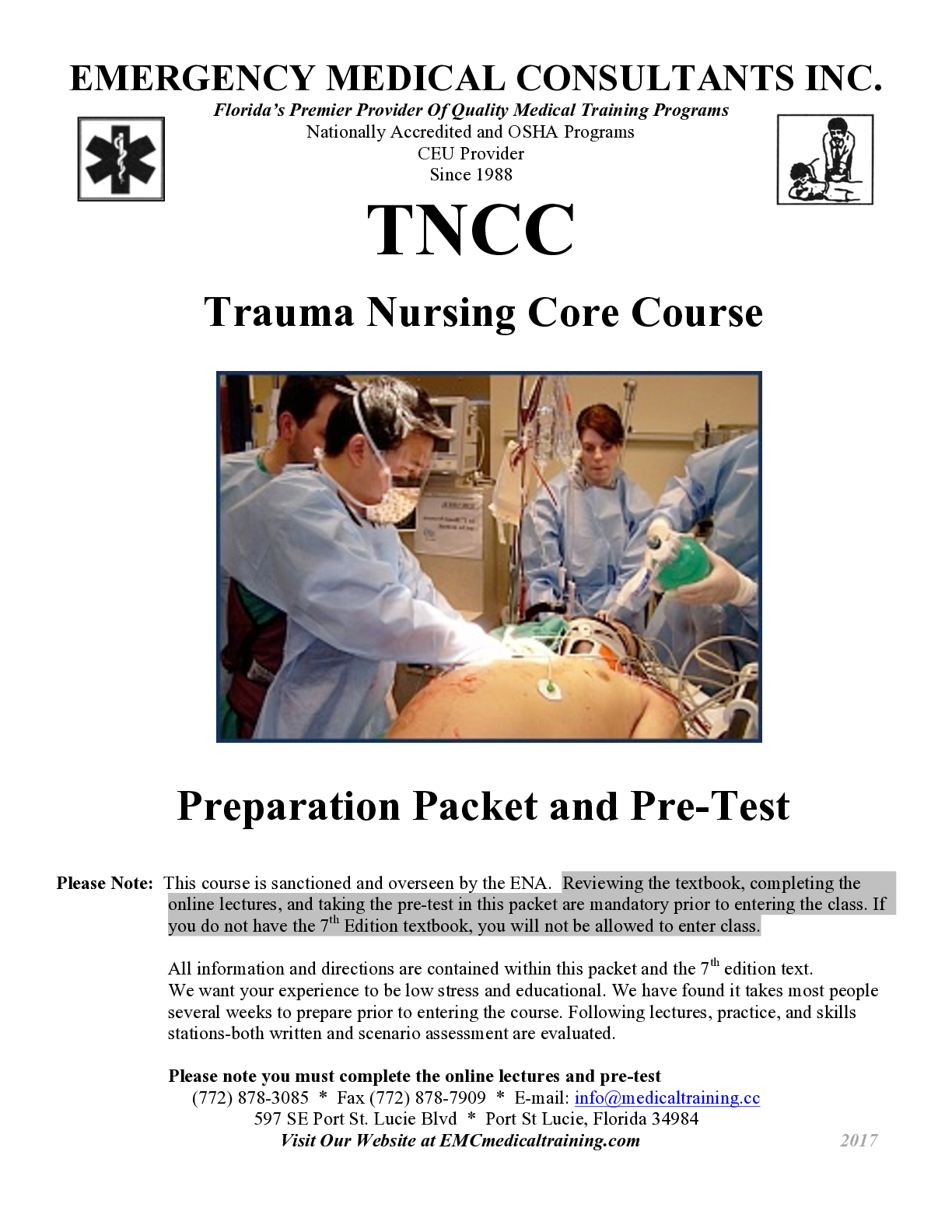
TNCC Trauma Nursing Core Course Preparation Packet and Pre-Test
$ 11.5

RN Comprehensive Predictor 2019 Form B 180 Questions and accurate answers.
$ 11

AQA A-level CHEMISTRY 7405/3 Paper 2 Mark scheme June 2021
$ 14

WEEK 5 ENDOCRINE CASE STUDY QUIZ.docx
$ 5

ATI Communication Quiz/20 Questions And Answers/100% Scores.
$ 5

BIOS 256 LAB 1 ASSIGNMENT
$ 13.5

NATE GAS & HEAT EXAM
$ 21

Gizmos - Disease Spread; UPDATED Answer Key , Questions And Answers 2022 - Guaranteed A+
$ 5.5
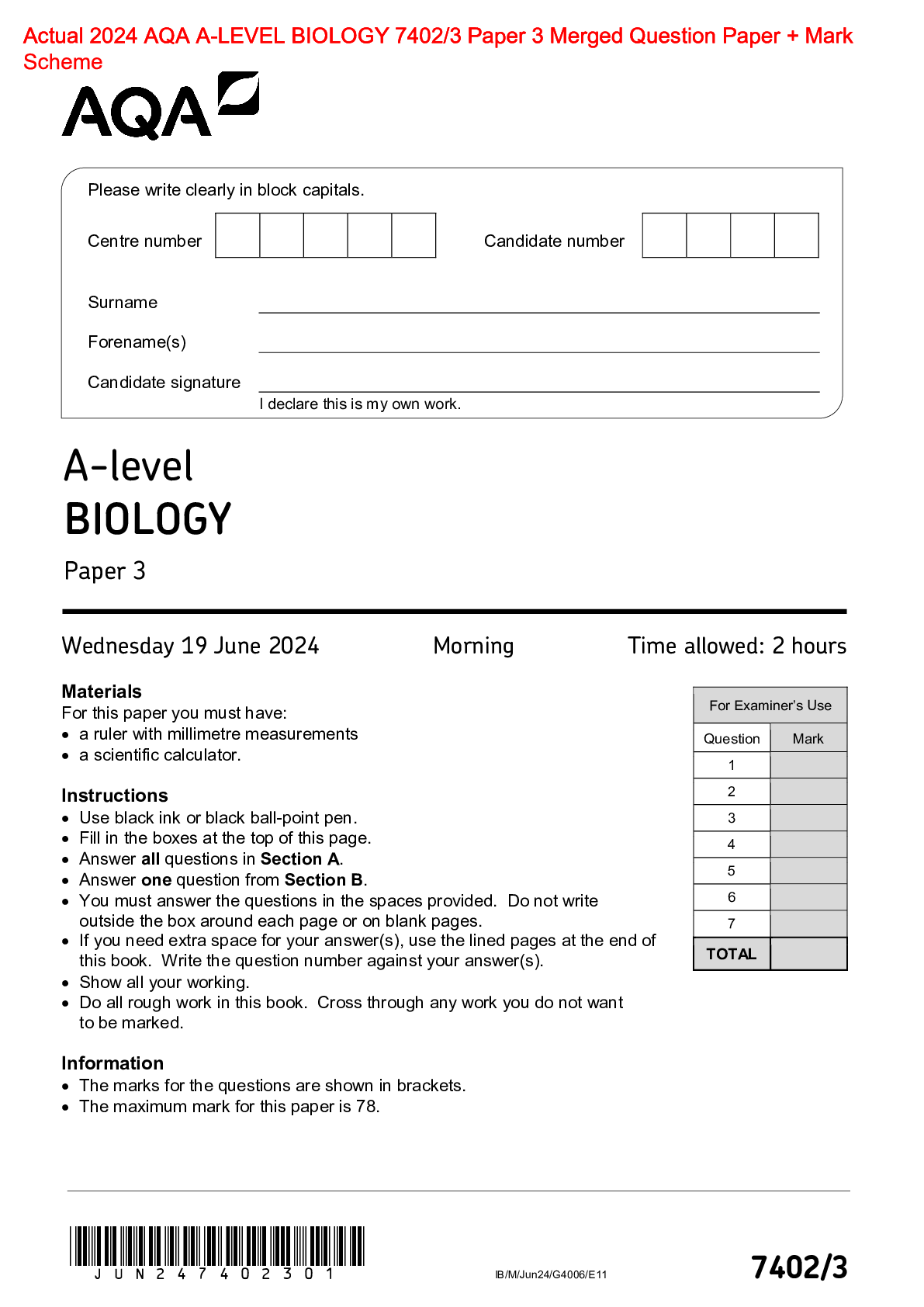
Actual 2024 AQA A-LEVEL BIOLOGY 7402/3 Paper 3 Merged Question Paper + Mark Scheme
$ 5

CHAPTER 6 PROCESS COSTING
$ 7
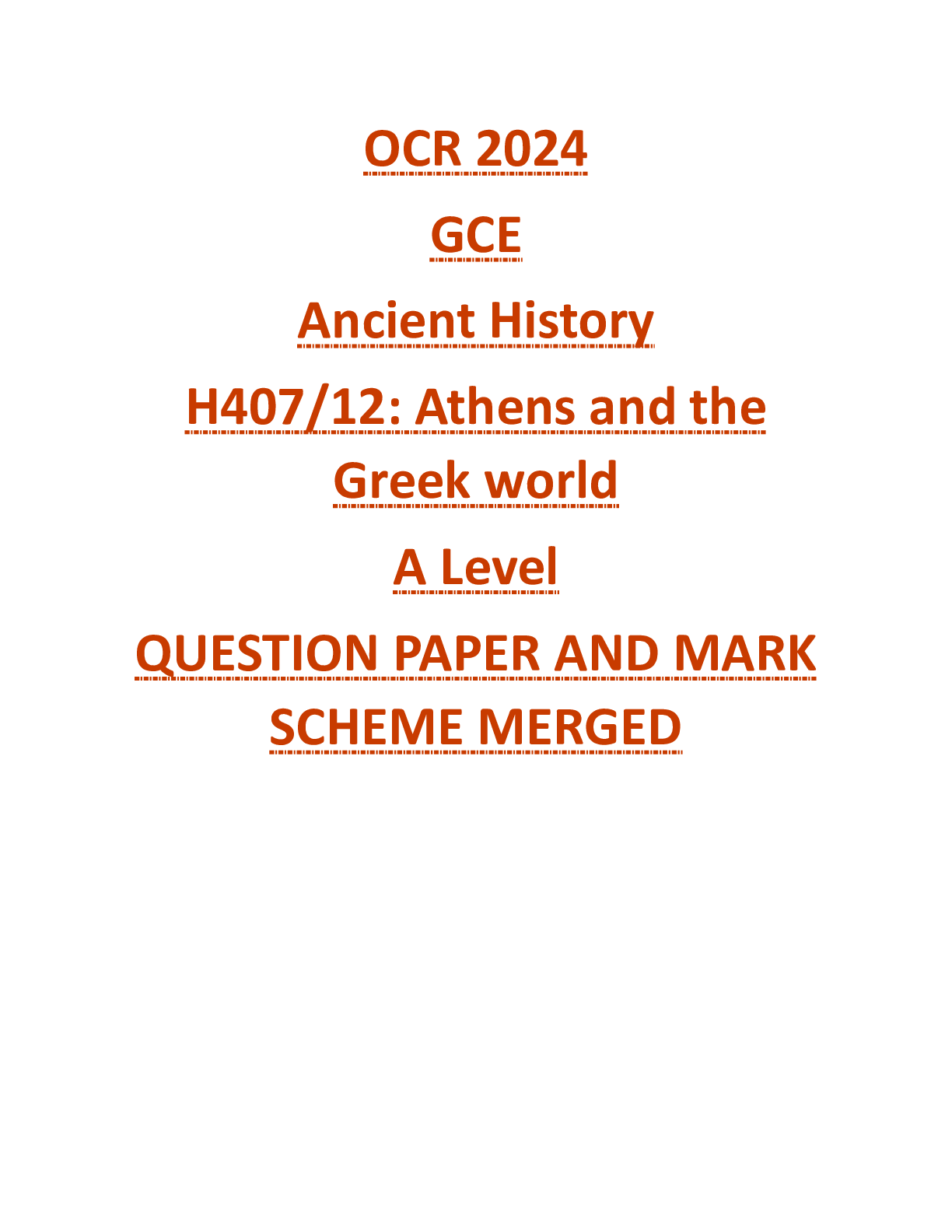
OCR 2024 GCE Ancient History H407/12: Athens and the Greek world A Level QUESTION PAPER AND MARK SCHEME MERGED
$ 7

TEST BANK PATHOPHYSIOLOGY THE BIOLOGIC BASIS FOR DISEASE IN ADULTS AND CHILDREN 8th Edition, (COMPLETE TEST BANK)
$ 17

Chemistry & Chemical Reactivity 10 Edition By John Kotz, Paul Treichel, John Townsend | eBook [PDF]
$ 33
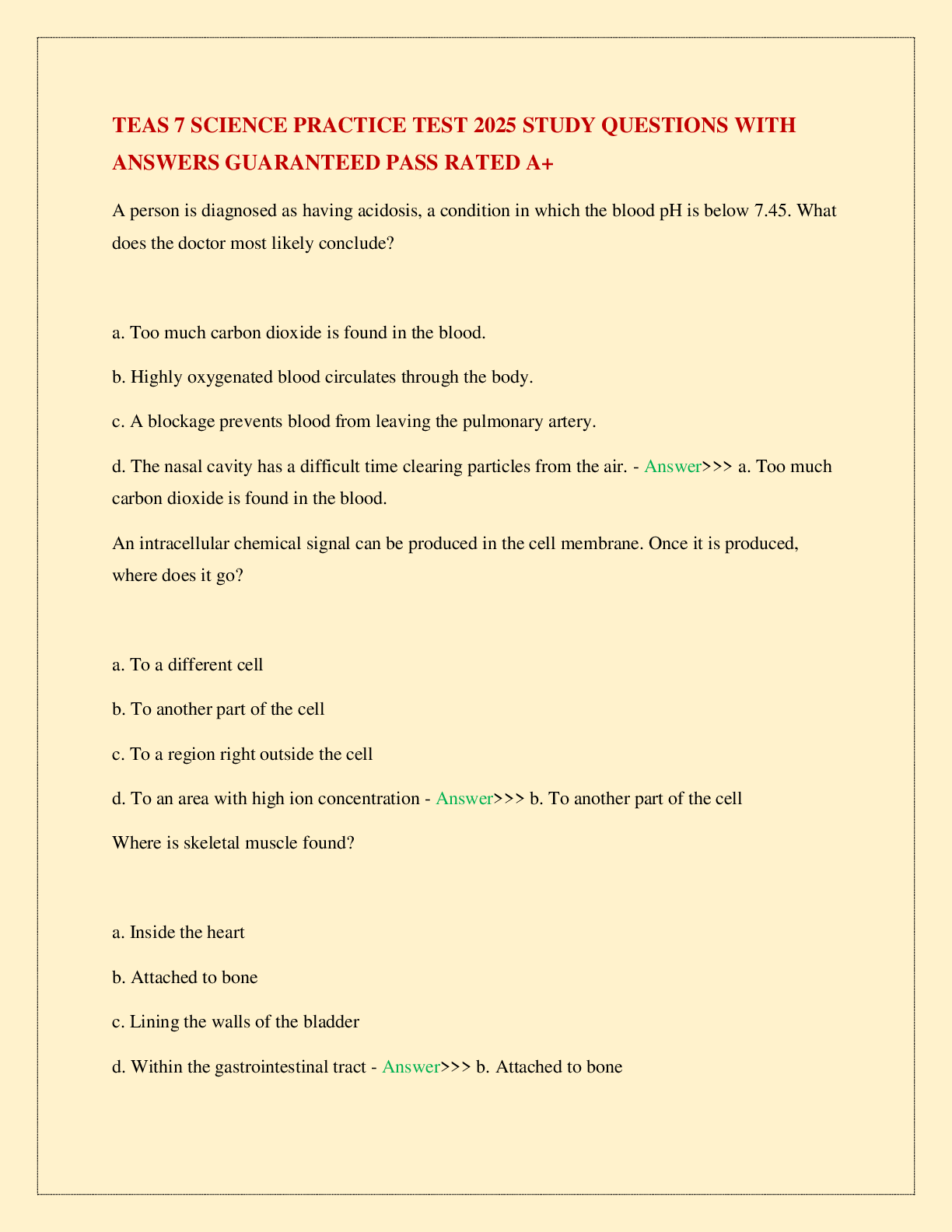
TEAS 7 SCIENCE PRACTICE TEST 2025 STUDY QUESTIONS WITH ANSWERS GUARANTEED PASS RATED A+
$ 14.5
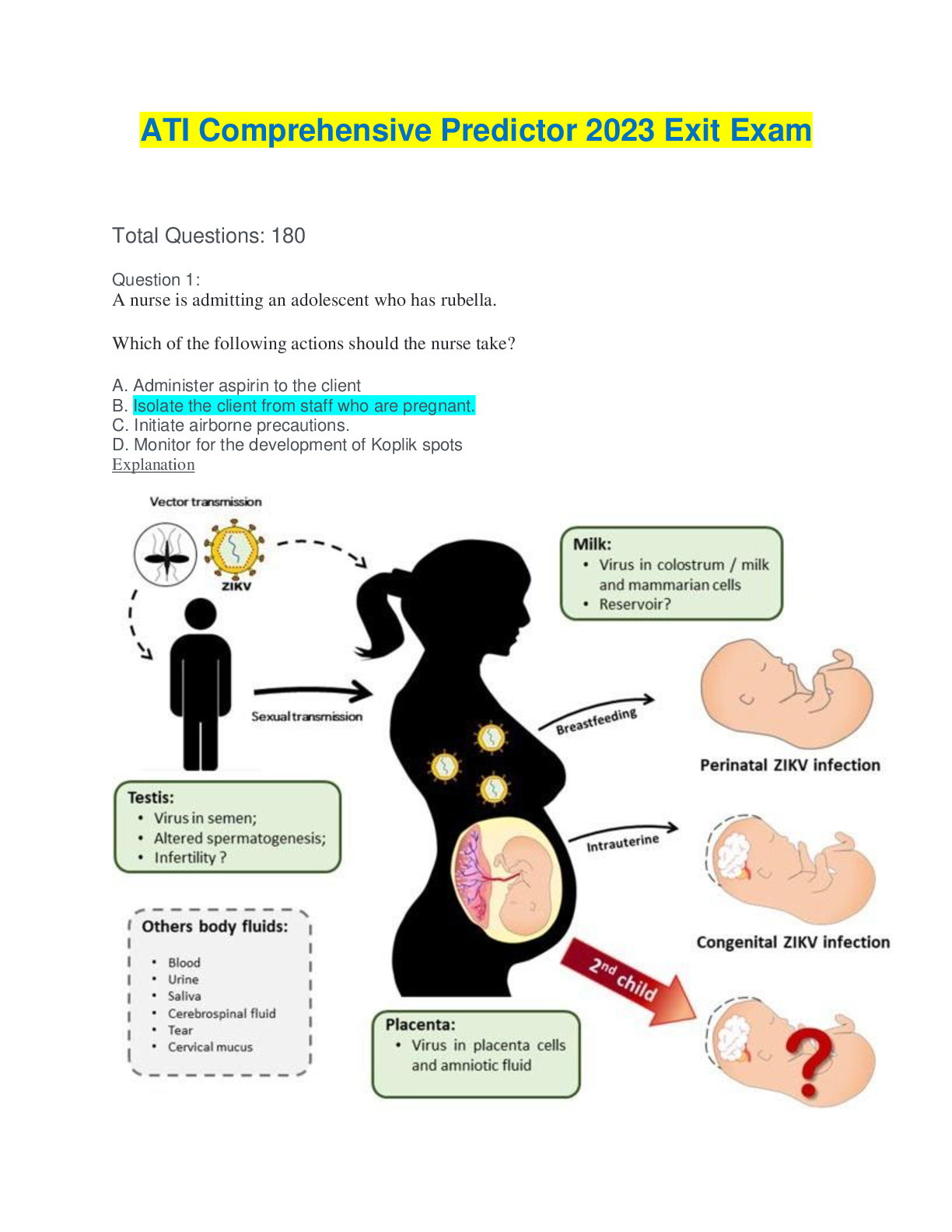
ATI Comprehensive Predictor 2023 Exit Exam
$ 10
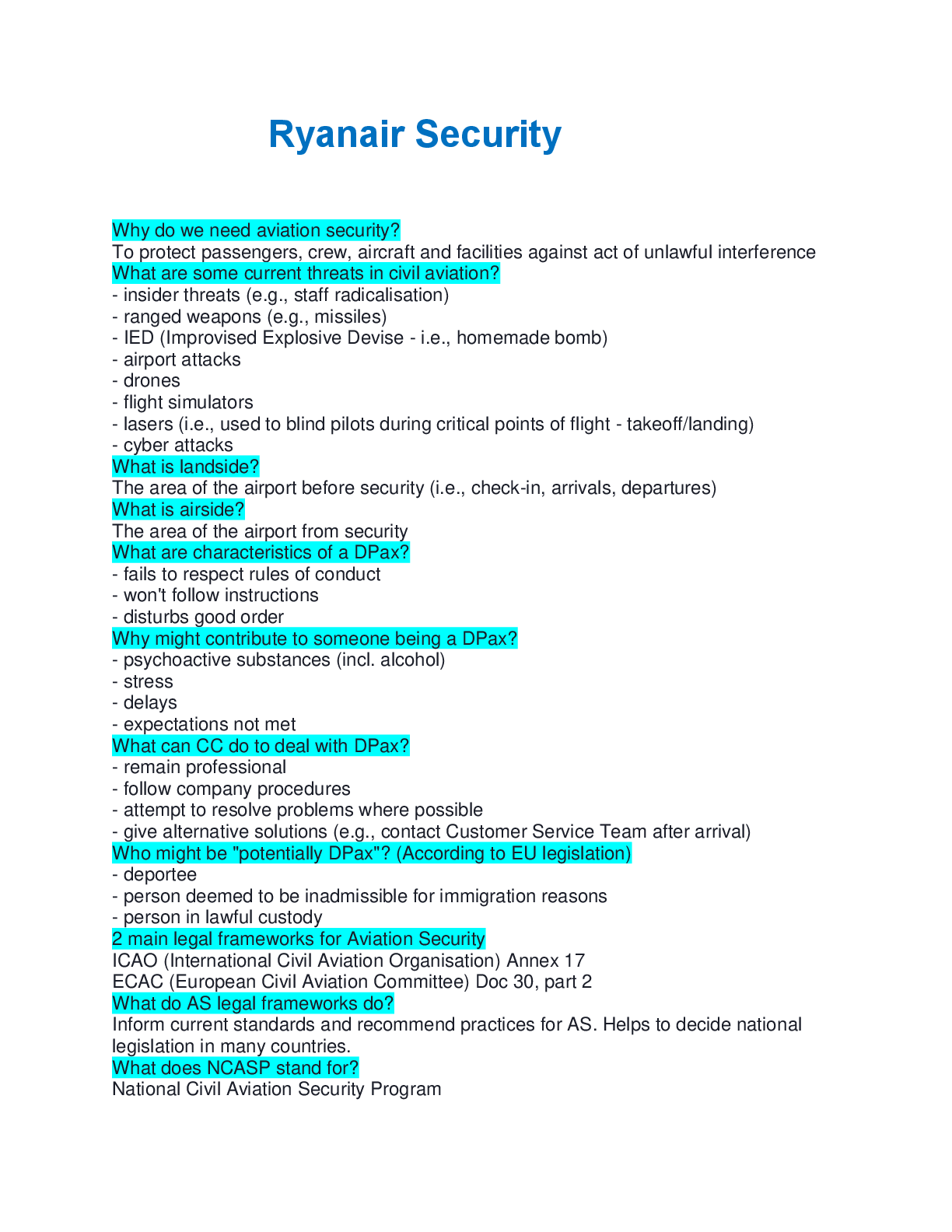
Ryanair Security questions with correct answers Rated A+ complete solution 2025&2026
$ 11.5

Nursing_knowledge_Assessment_Practice_Exam CASE STUDY - COPD WITH PNEUMONIA NEW 2022 EXAM UPDAT
$ 10
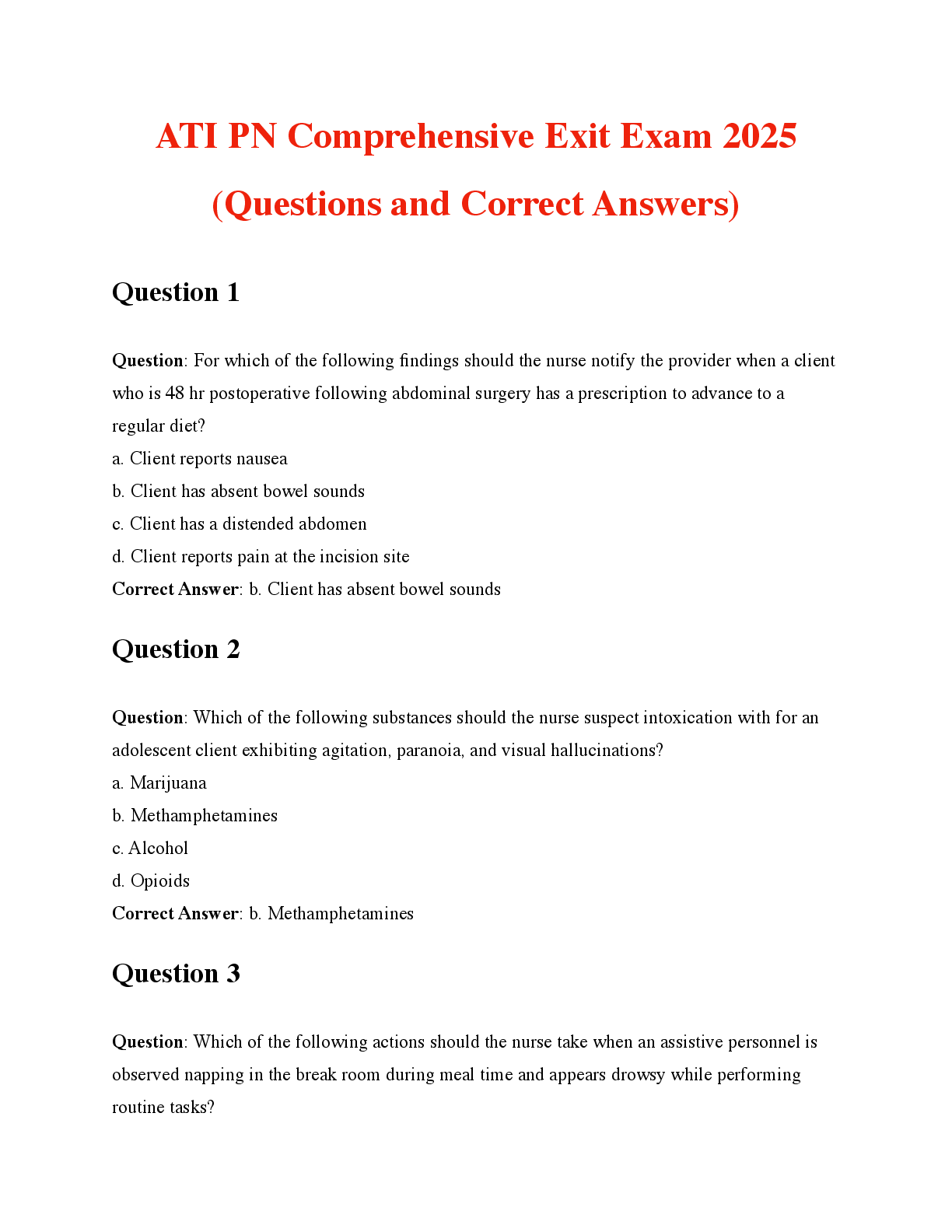
ATI PN Comprehensive Exit Exam 2025 (Questions and Correct Answers)
$ 41.5
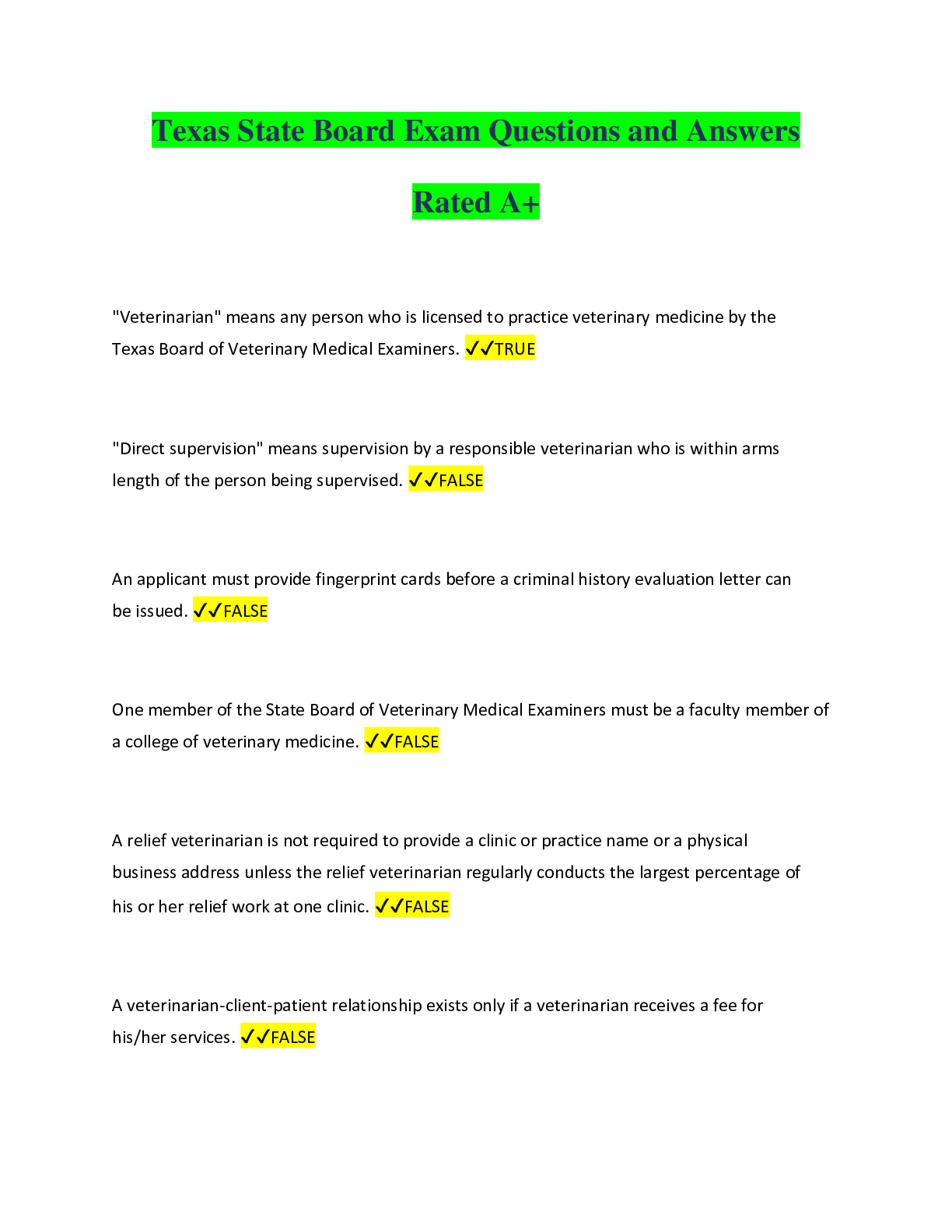
Texas State Board Exam Questions and Answers Rated A+
$ 10

Lesson_Plan_Accommodation_Summary.docx Lesson Plan Accommodation Summary ECH/430 Whe
$ 5
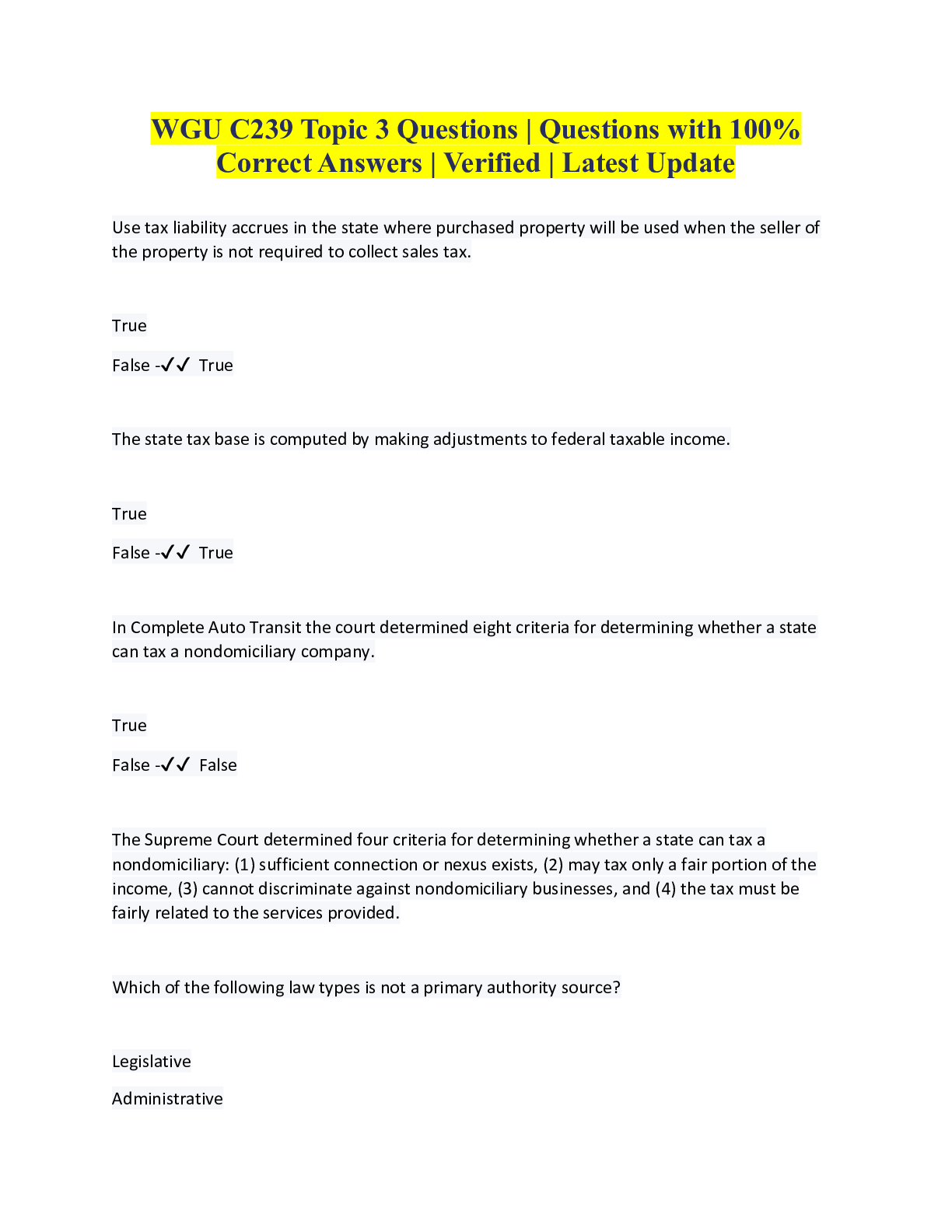
WGU C239 Topic 3 Questions | Questions with 100% Correct Answers | Verified | Latest Update
$ 11
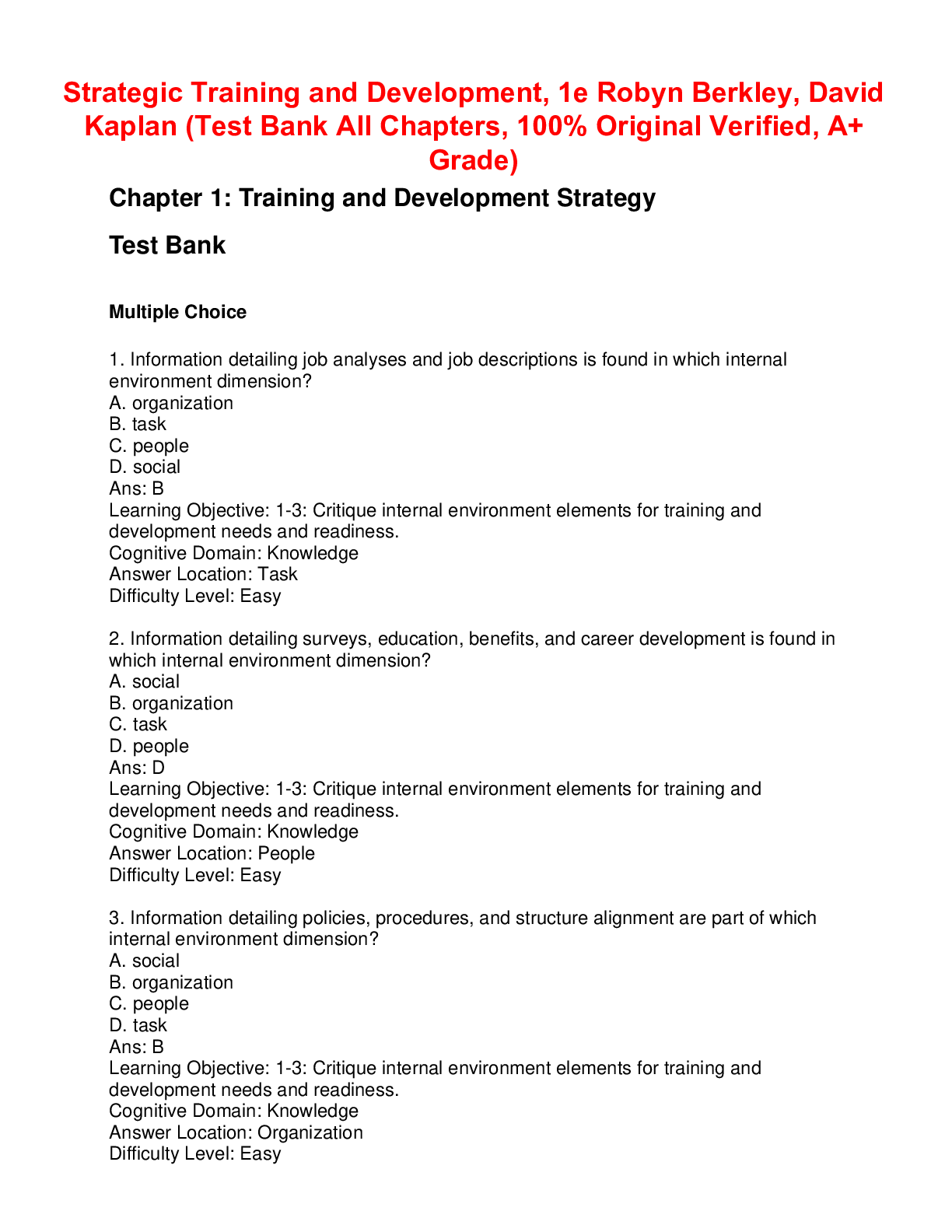
Test Bank For Strategic Training and Development 1st Edition By Robyn Berkley, David Kaplan
$ 25

Solution Manual for Introduction to Econometrics, 3rd Edition By James Stock, Mark Watson
$ 19
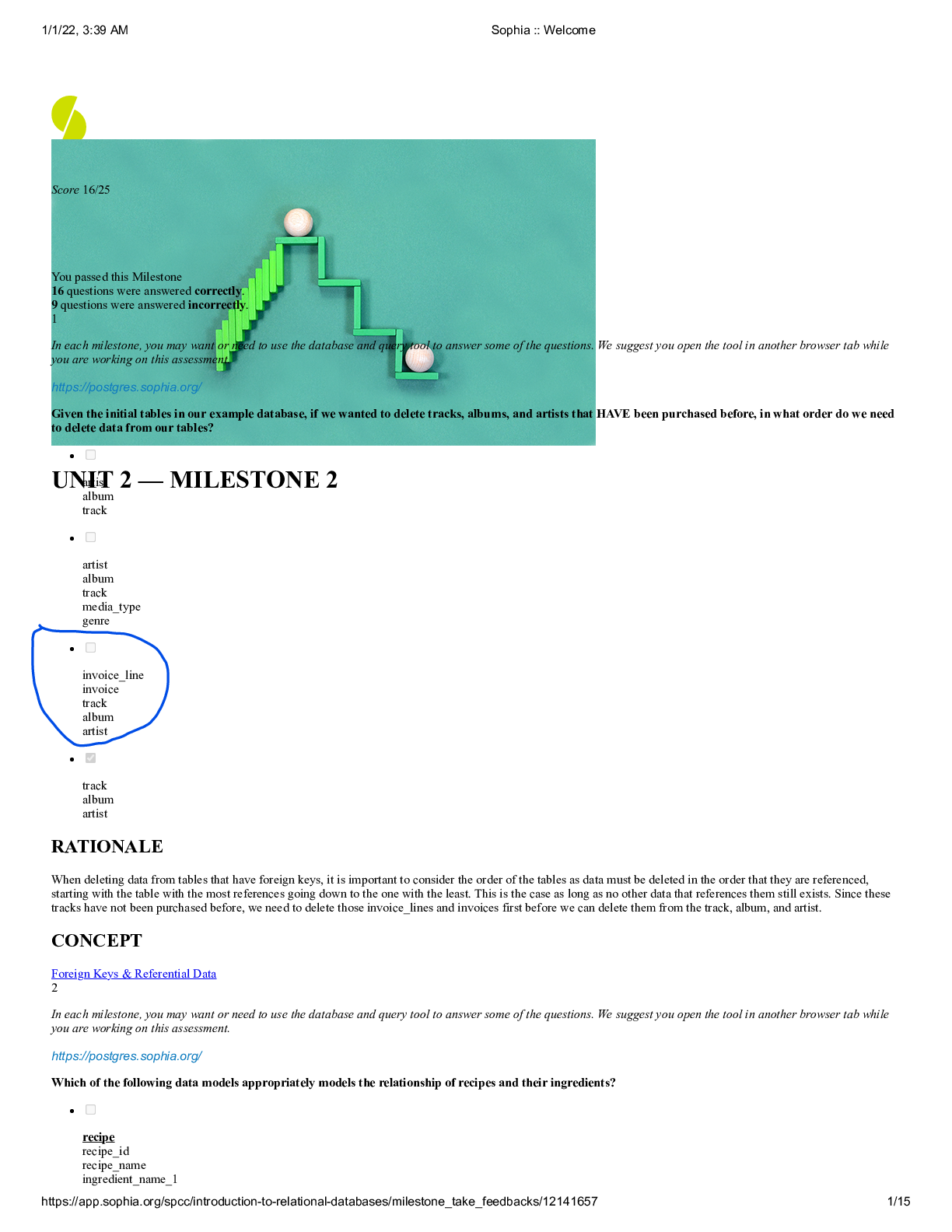
Western Governors University DATABASE 0047 Sophia Database Milestone 2 UNIT 2 — MILESTONE 2 Score 16/25
$ 10
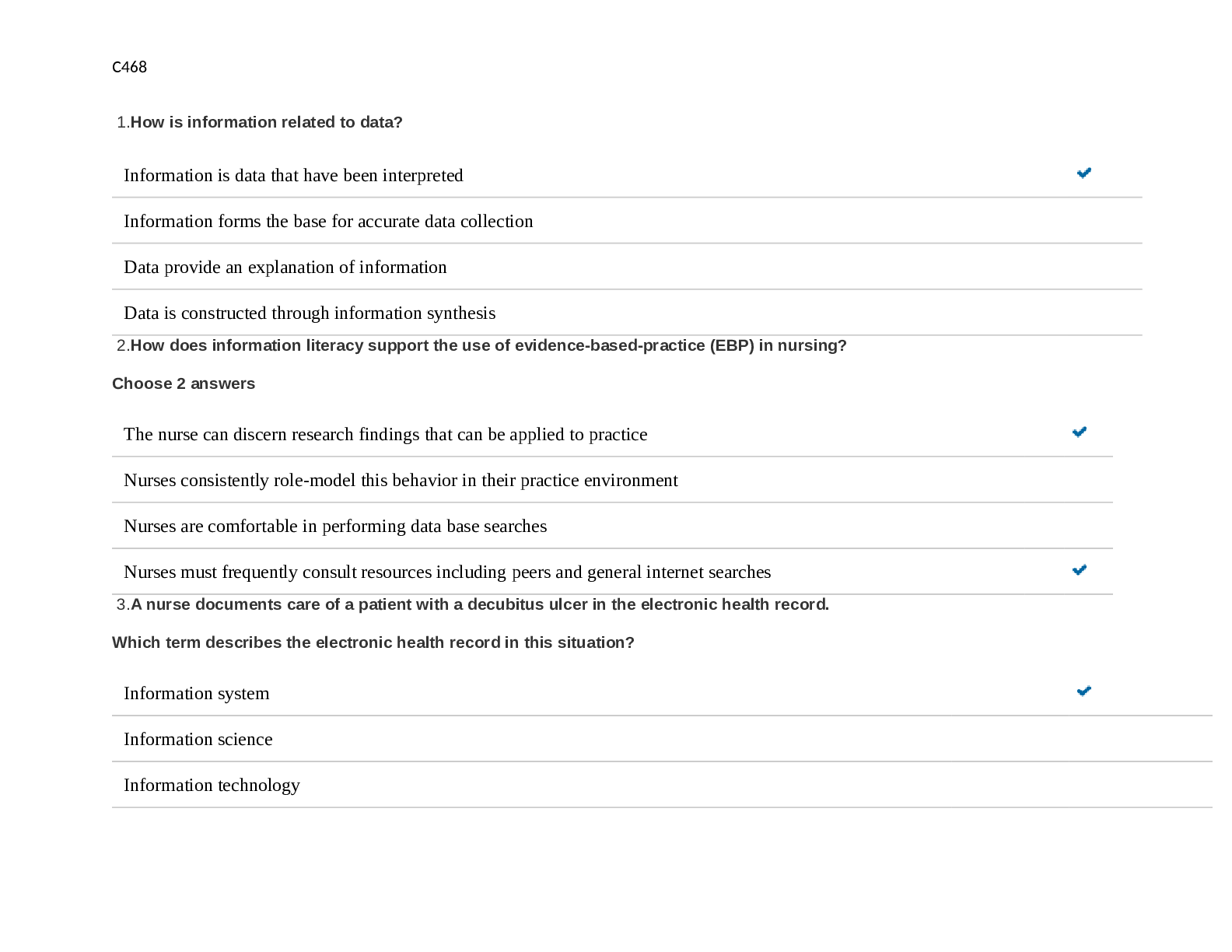
WGU - C468 Information Management and the Application of Technology PA
$ 10

AWS Solutions Architect Associate Exam - Key Terms
$ 11.5

Ops 571 final exam week ALL ANSWERS 100% CORRECT SPRING FALL-2022 LATEST SOLUTION GUARANTEED GRADE A+
$ 9.5

Solutions Manual for Basic Principles and Calculations in Chemical Engineering, 9th edition By David M. Himmelblau, James B. Riggs
$ 26
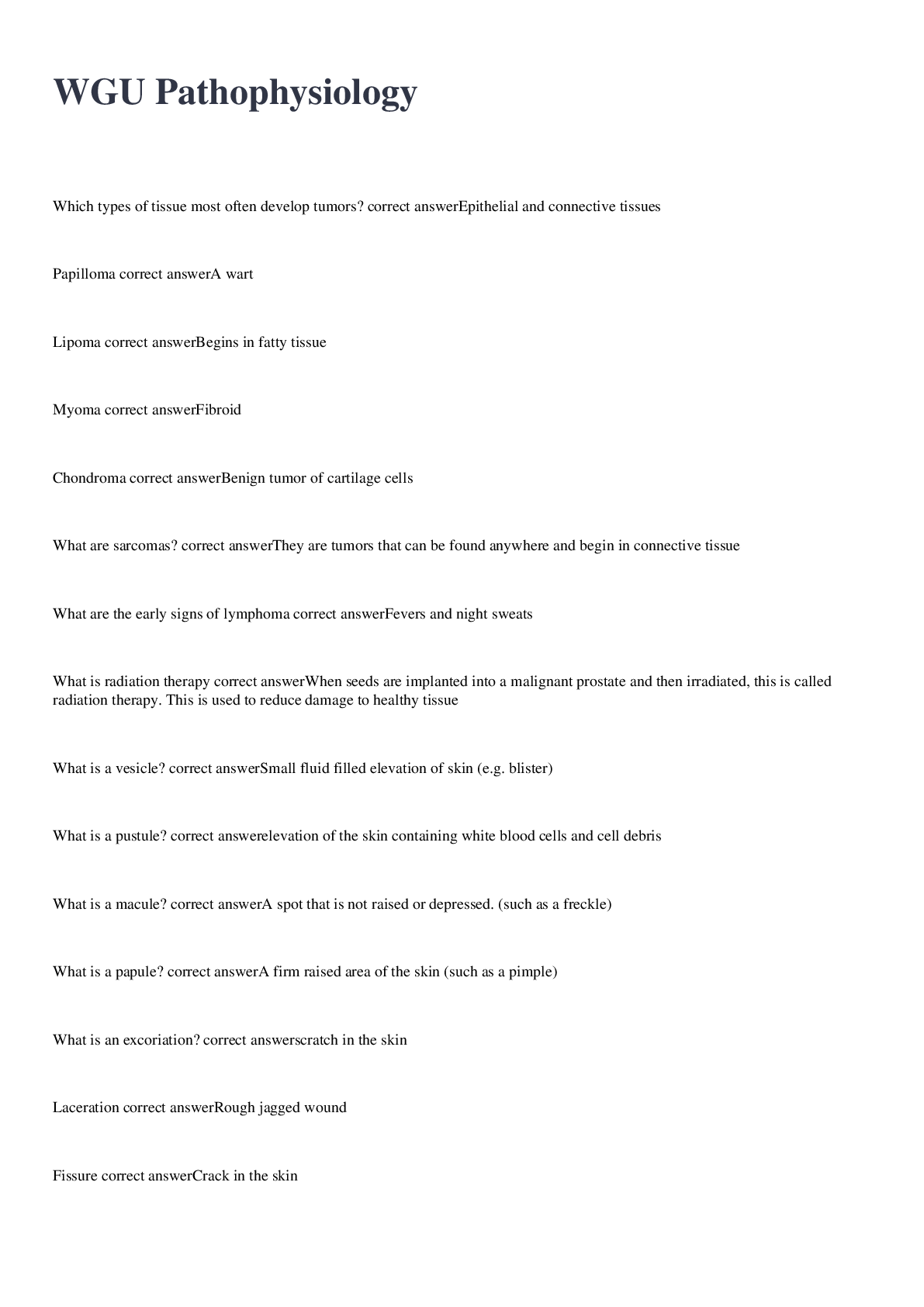
WGU Pathophysiology/COMPLETE SOLUTION
$ 5

Pearson Edexcel International GCSE (9–1) 4CP0/02: Computer Science PAPER 2: Application of Computational Thinking QUESTION PAPER - Summer 2021
$ 4.5
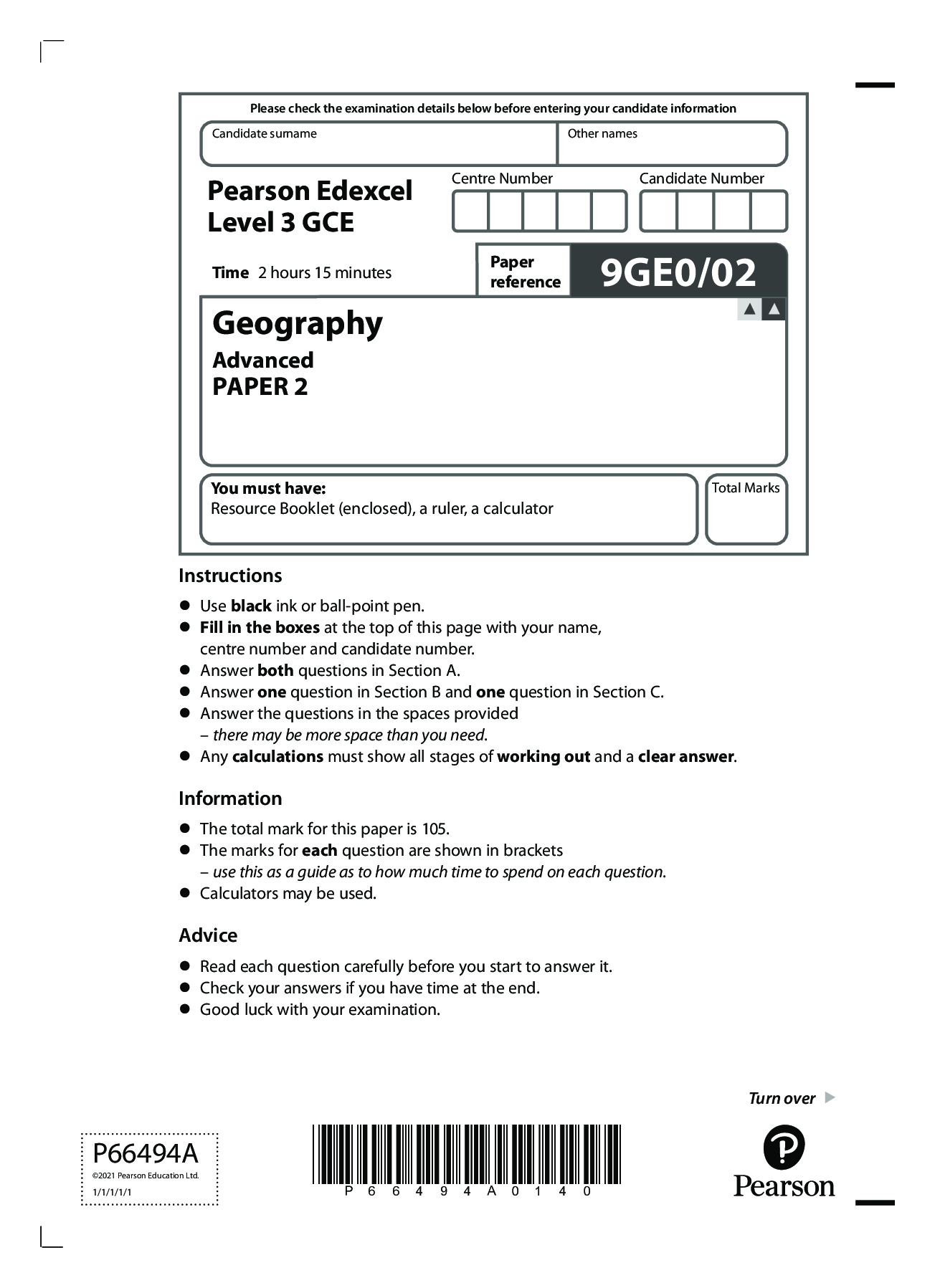
GEOGRAPHY ADVANCED PAPER 2, PEARSON EDEXCEL LEVEL 3, GCE. RATED 5 STAR. GRADED A+
$ 13

eBook [PDF] Optimization 100 Examples 1st Edition By Simon Serovajsky
$ 20
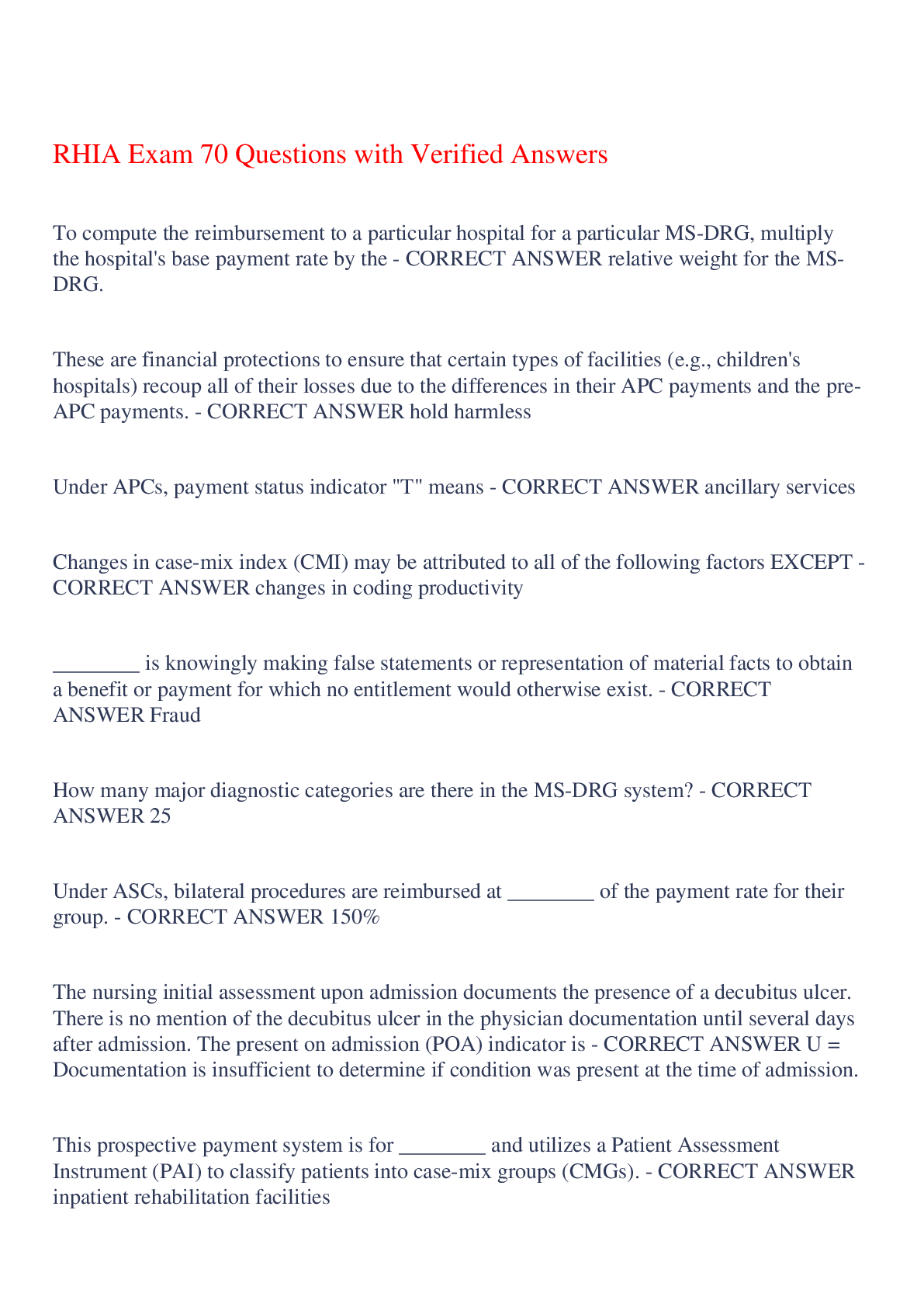
RHIA Exam 70 Questions with Verified Answers,100% CORRECT
$ 9.5
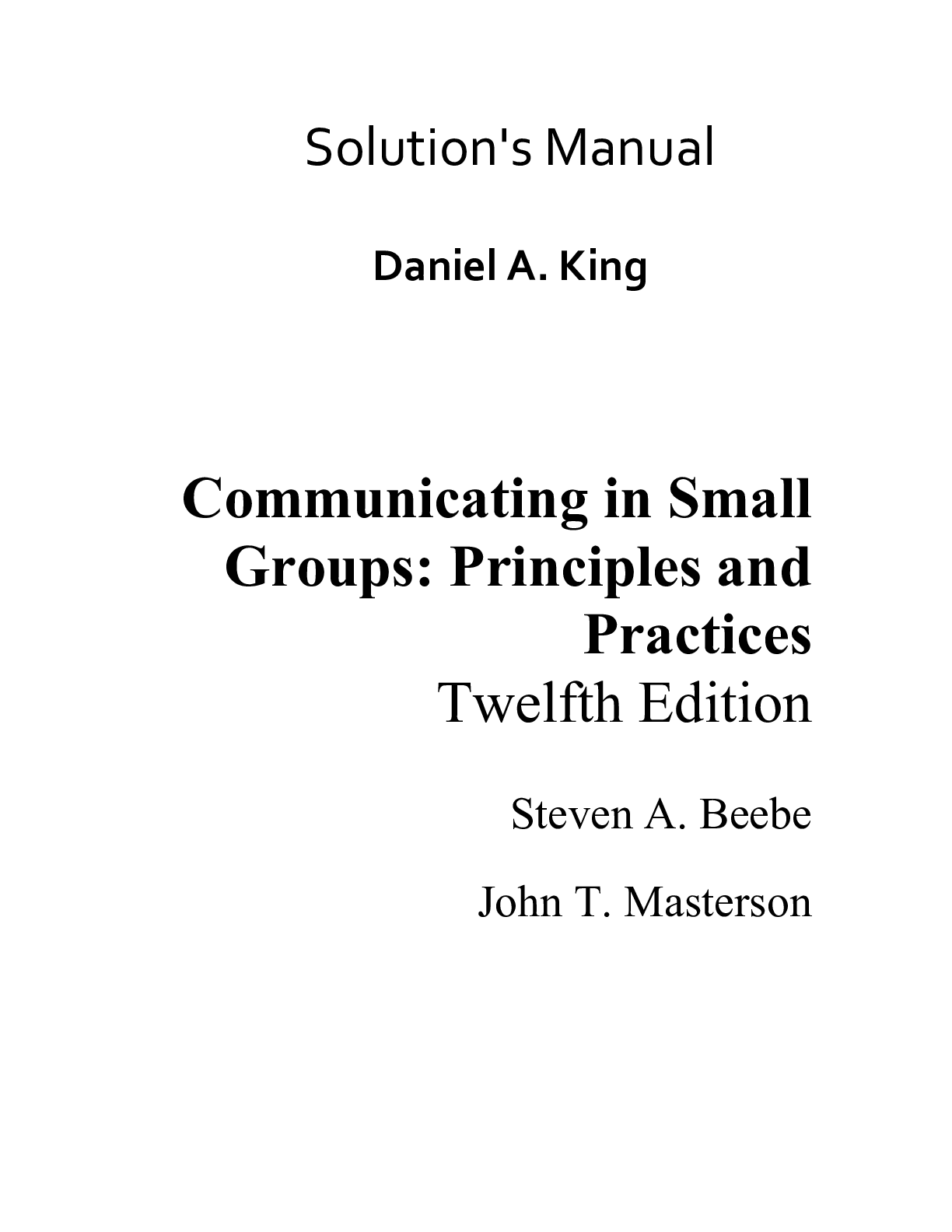
Communicating in Small Groups Principles and Practices 12th Edition By Steven Beebe, John Masterson (Solutions Manual All Chapters, 100% original verified, A+ Grade)
$ 22

ServSafe FINAL EXAM Review (292 Questions with 100% Correct Answers)
$ 10

NSG 6020 MIDTERM EXAM Help 2 – QUESTION AND ANSWERS (answered)
$ 17
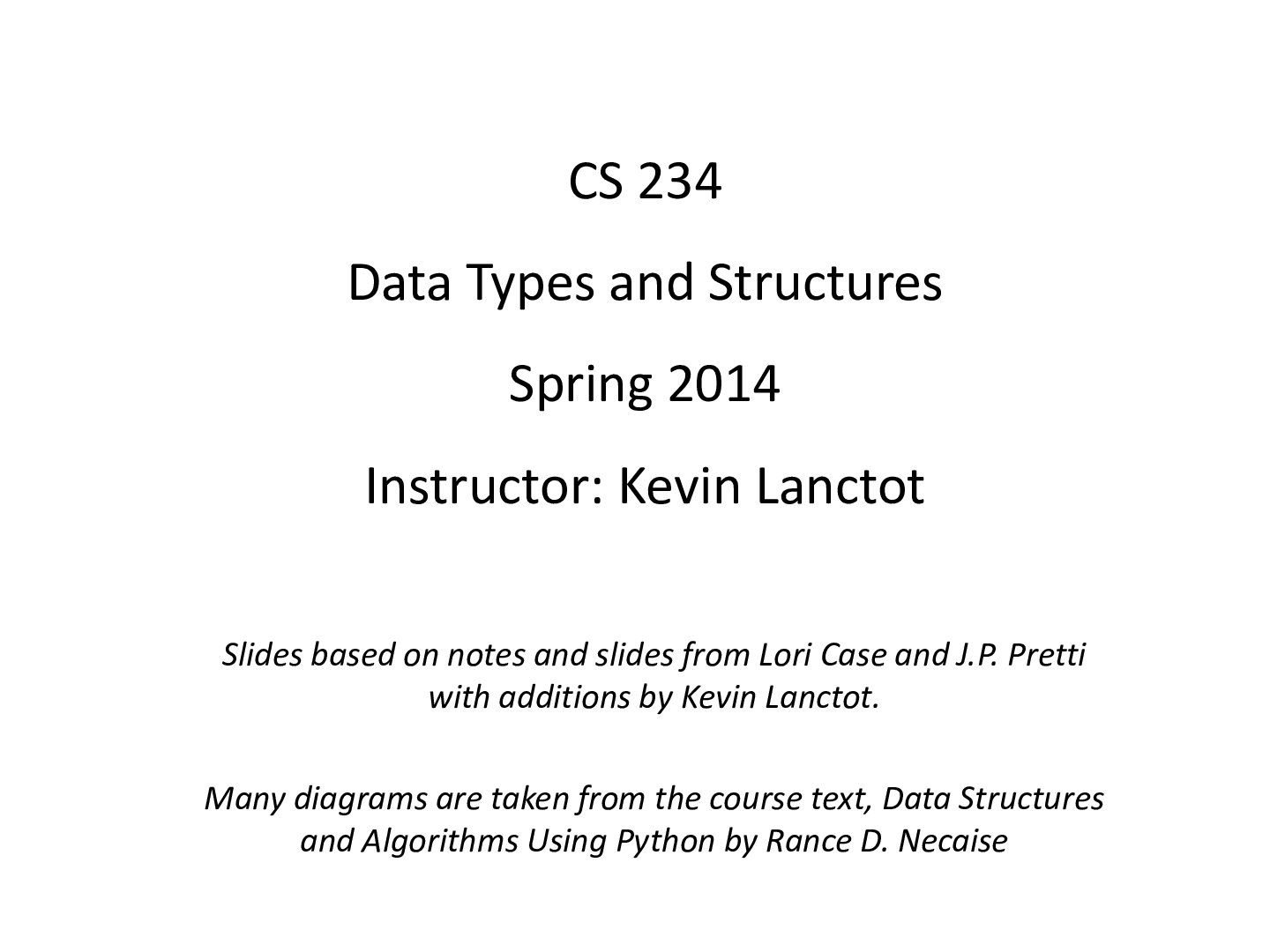
CS 234 Lectures Slides S14
$ 11

Test 4 Practice Questions GOOD LUCK EVERYONE! WE GOT THIS., Questions with answers and rationale
$ 7
.png)
ATI Bowel Elimination Lecture Outline
$ 30

CHEM 120 Unit 2 Lab: OL Lab 3: Periodic Table of Elements
$ 9
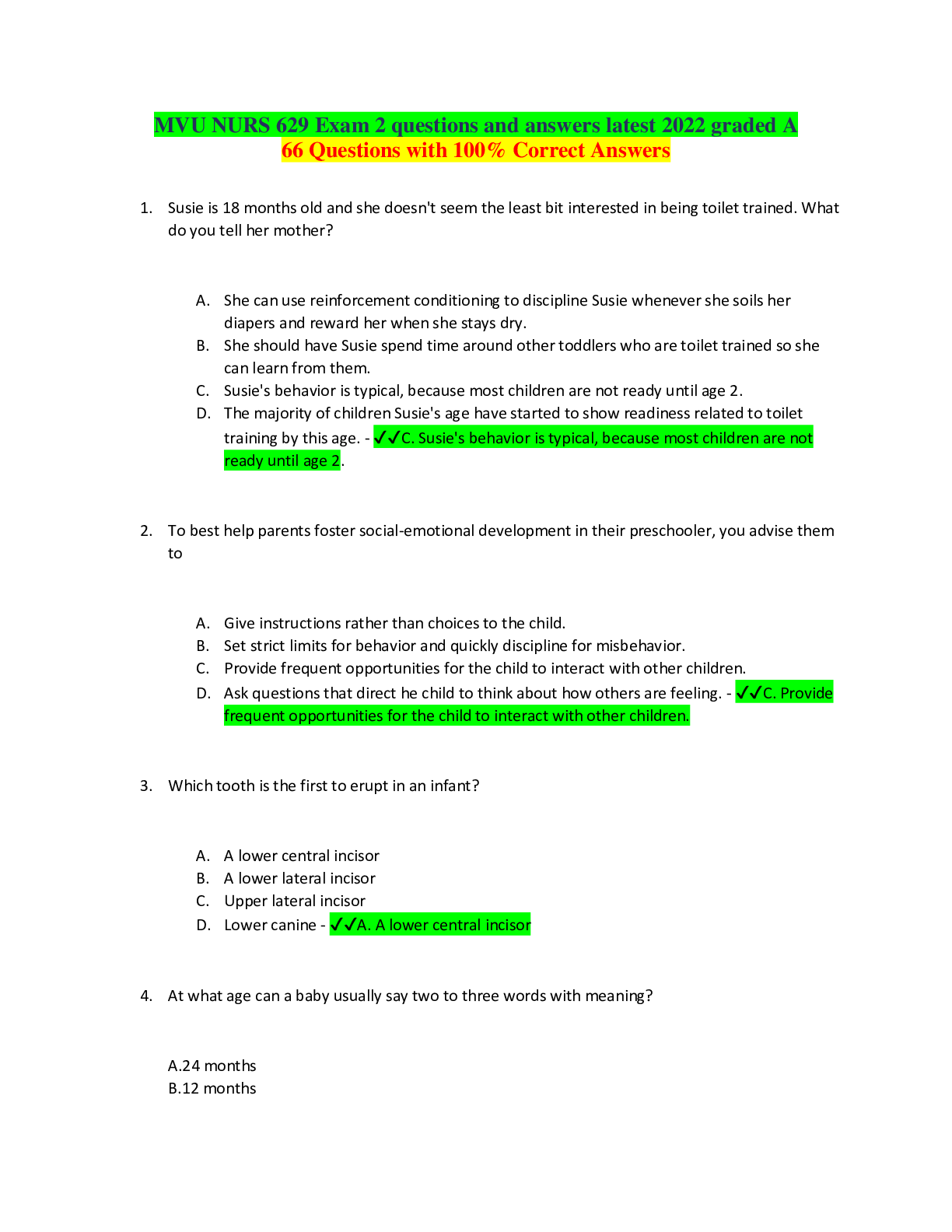
MVU NURS 629 Exam 2 questions and answers latest 2022 graded A 66 Questions with 100% Correct Answers
$ 10

Ict287 Computer Security Murdoch University ICT 287
$ 5

Pediatric Nursing – A Case-Based Approach 1st Edition Tagher Knapp Test Bank with Rationale
$ 10

Nursing_knowledge_Assessment_Practice_Exam A2 GRAMMAR V2 EXAM 2022
$ 10

Mark Scheme (Results) Summer 2018 Pearson Edexcel International GCSE In Islamiyat (4IS0) Paper 01.
$ 8
.png)
NSG 6001 Midterm Exam 1
$ 15

SEC 360 Week 5 YouDecide Assignment: Cryptographic Tunneling and the OSI Model
$ 8
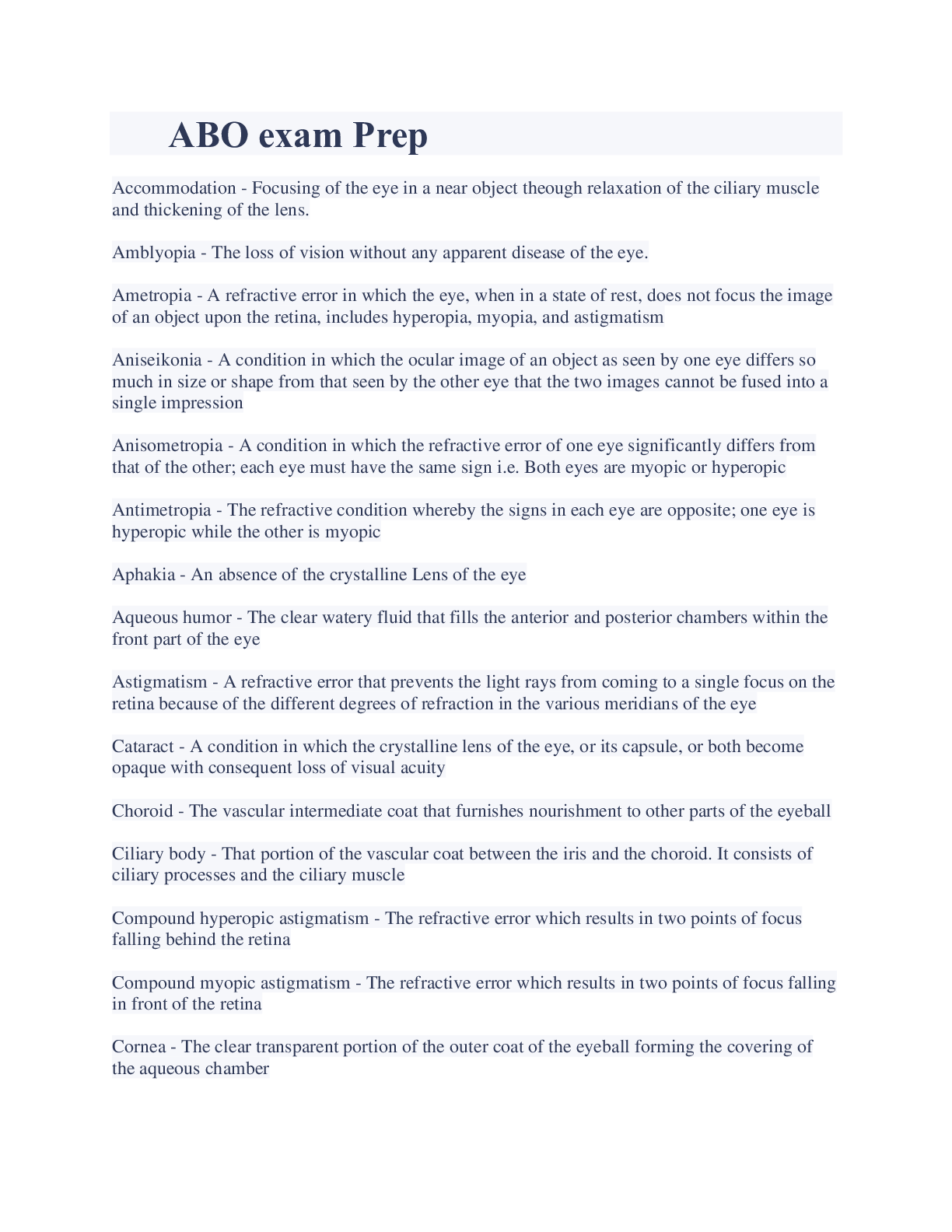
ABO exam Prep Latest Updates
$ 5

Walden University - NURS 6501 - Week 2 Quiz (Latest 2021) 100% Correct Study Guide, Download to Score A
$ 8

Physics for Scientists & Engineers, 5th edition By Douglas C. Giancoli (Test Bank )

.png)


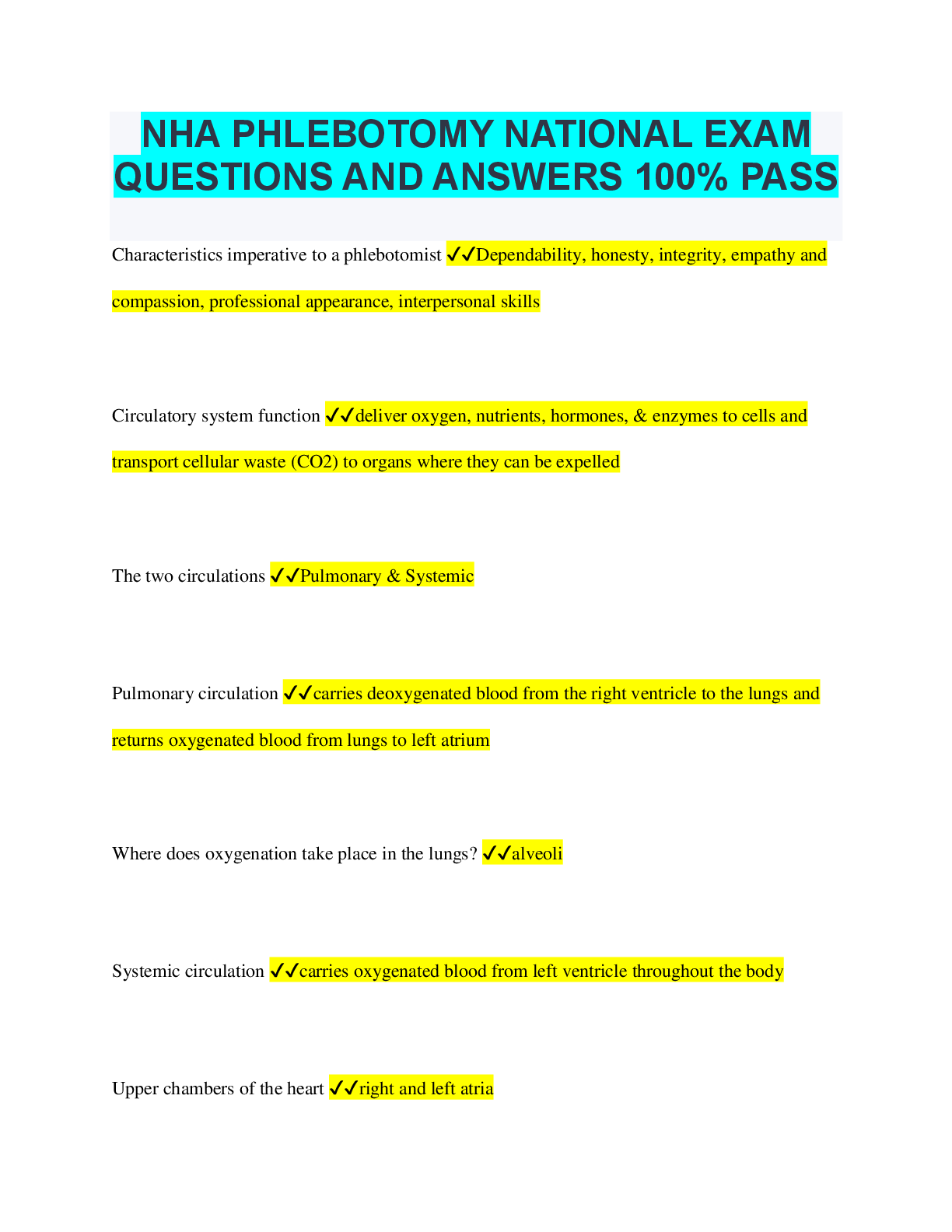




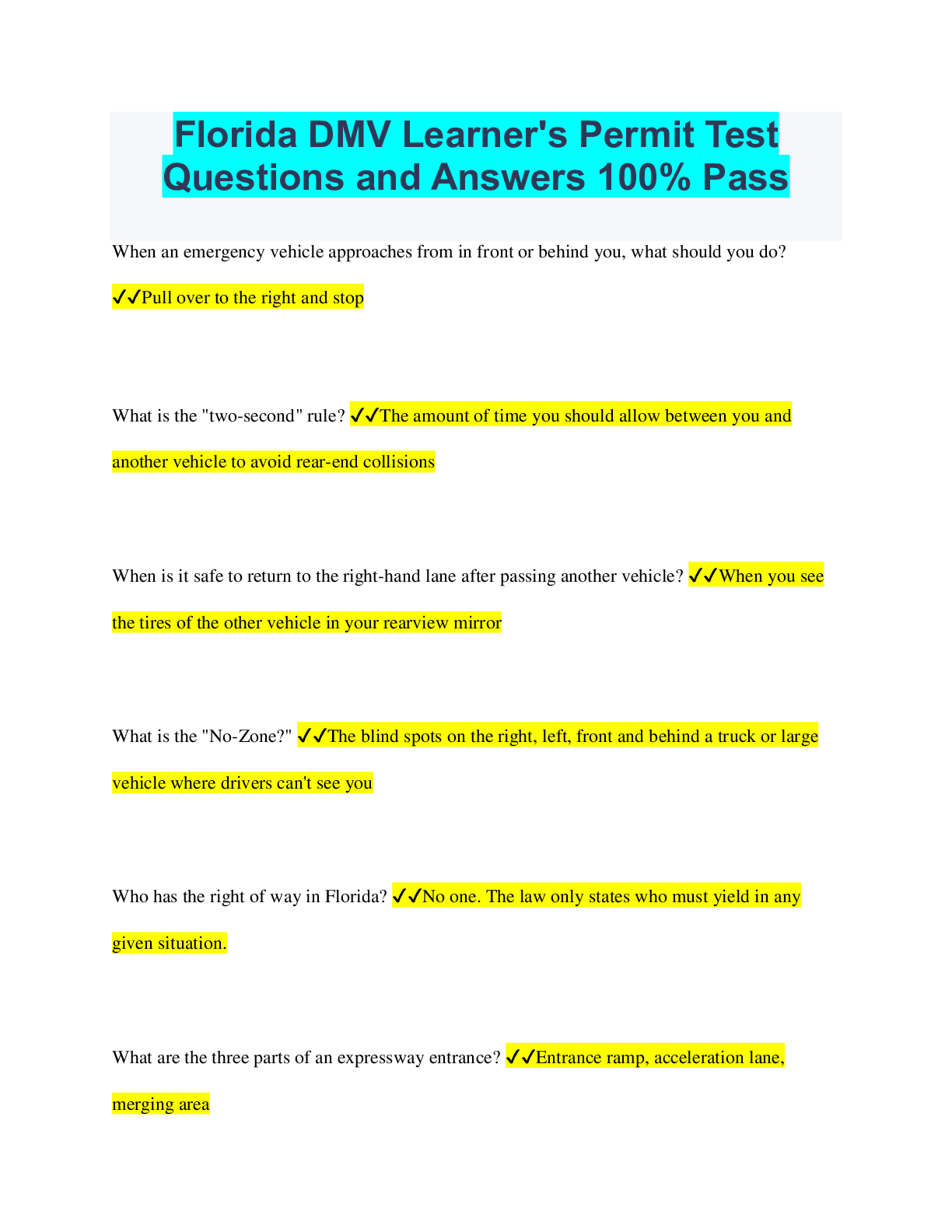
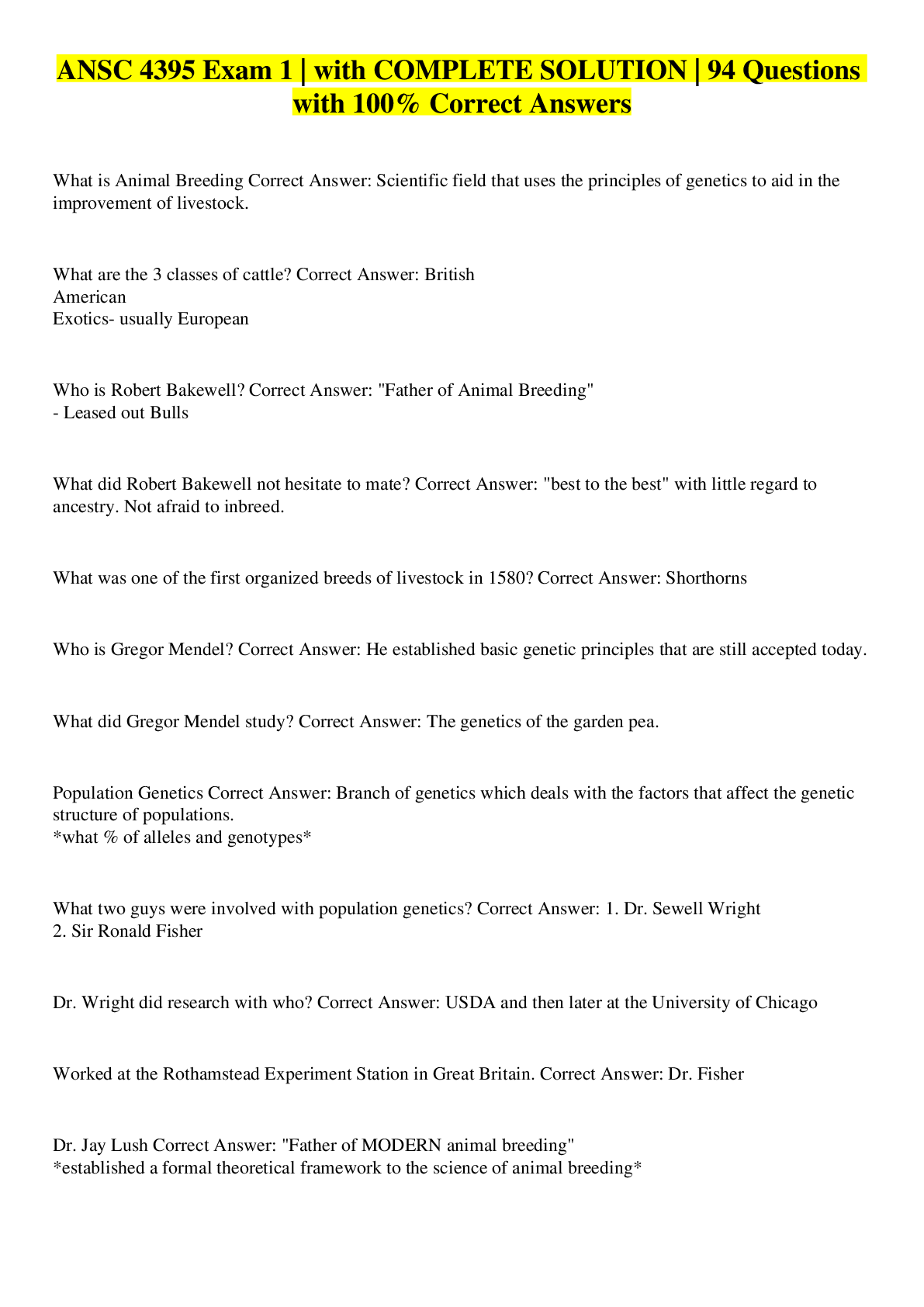

.png)

